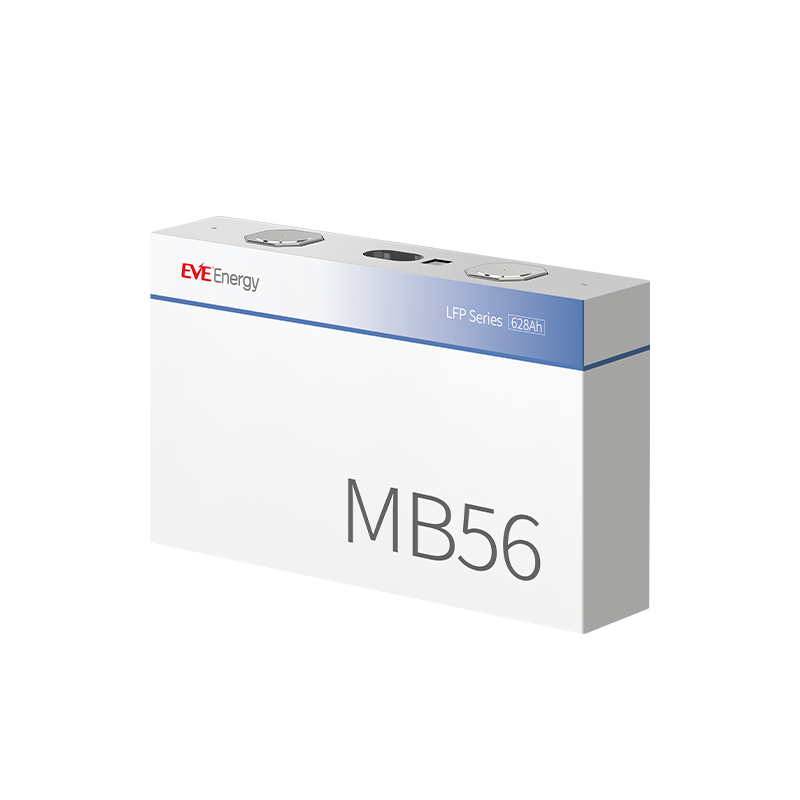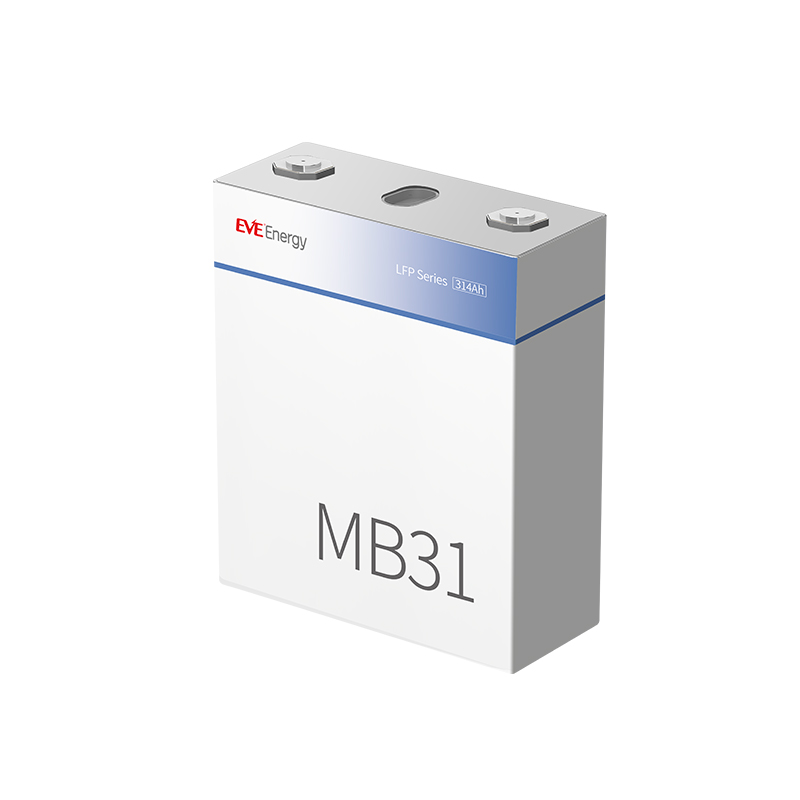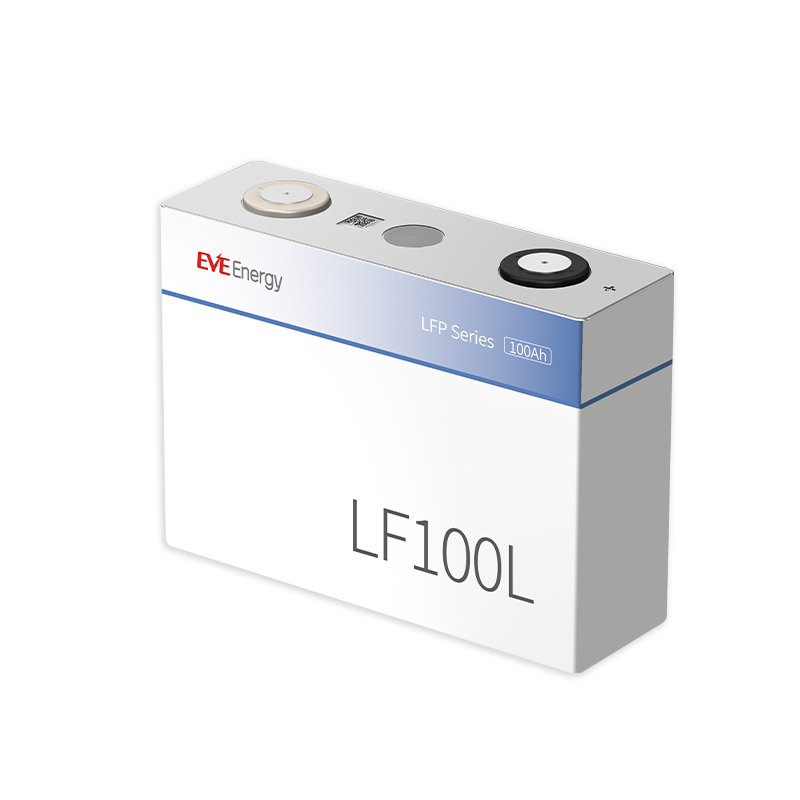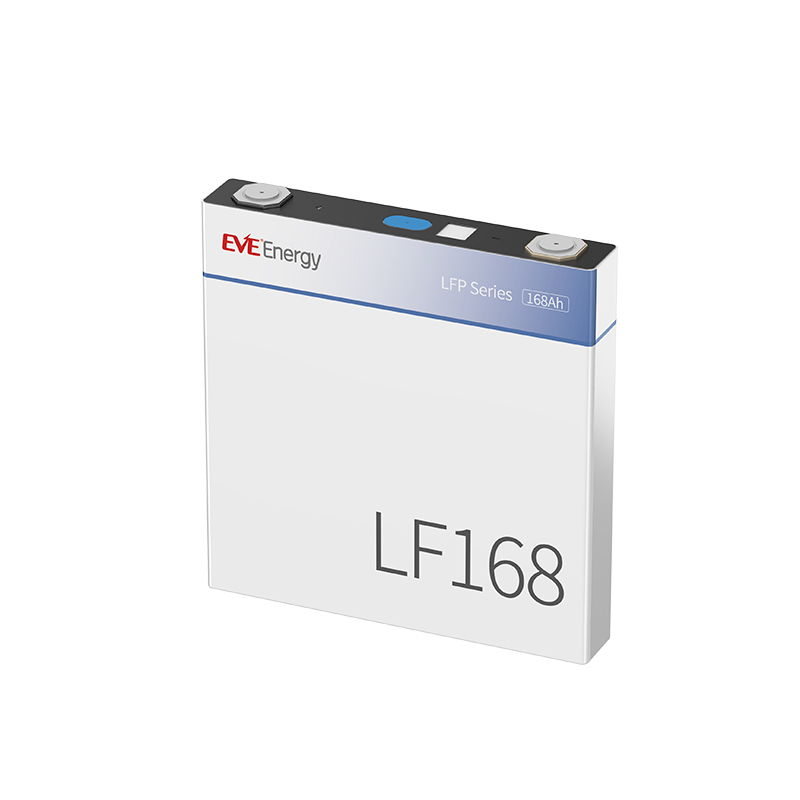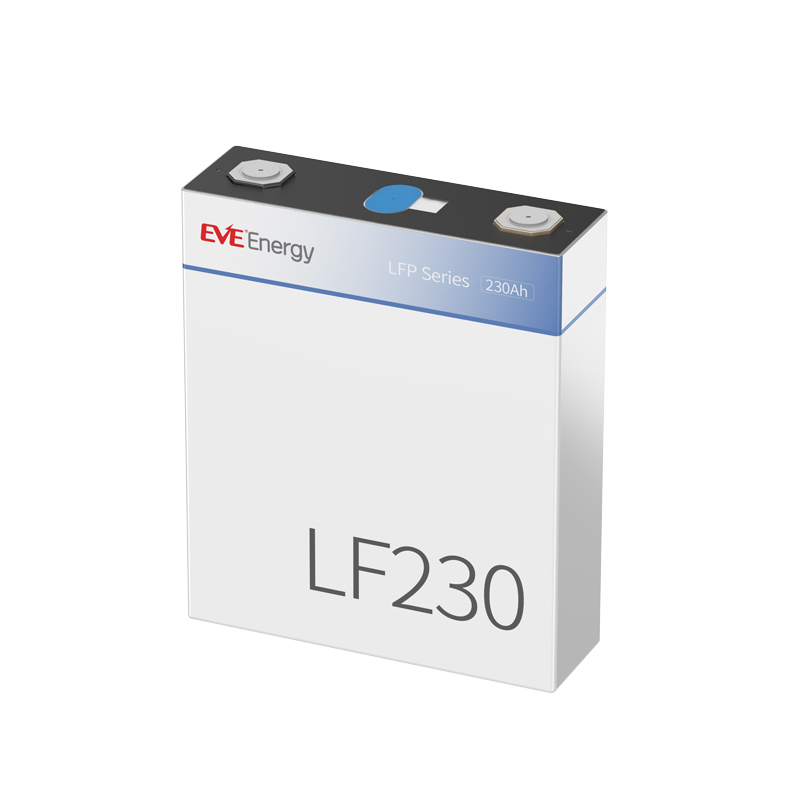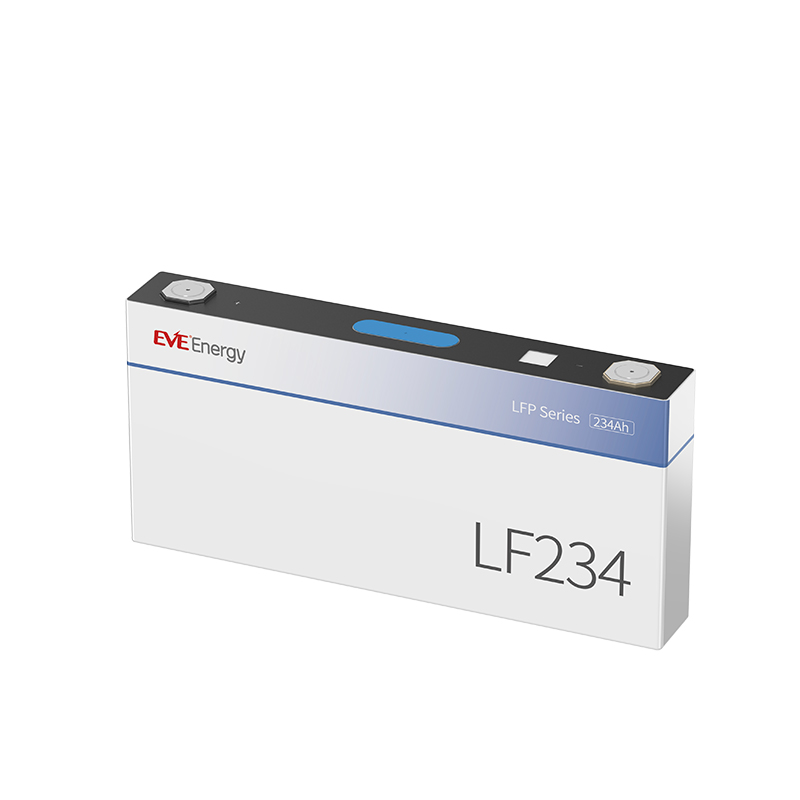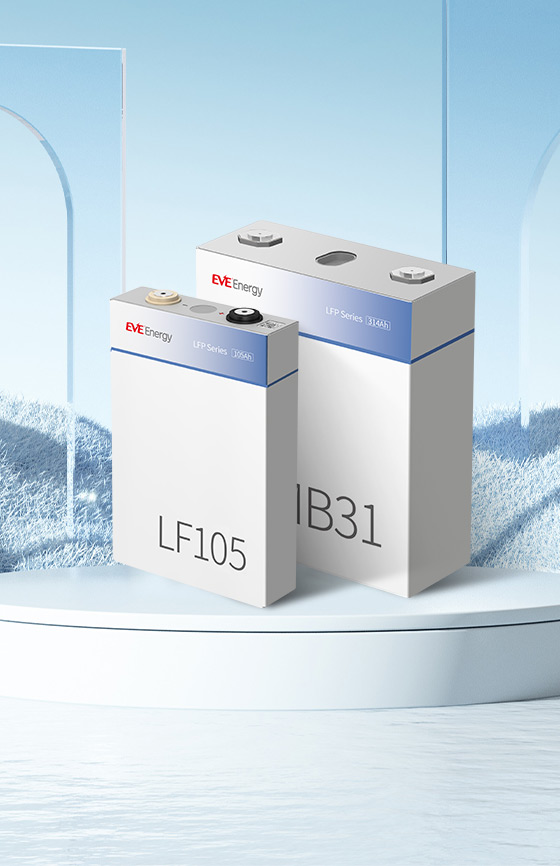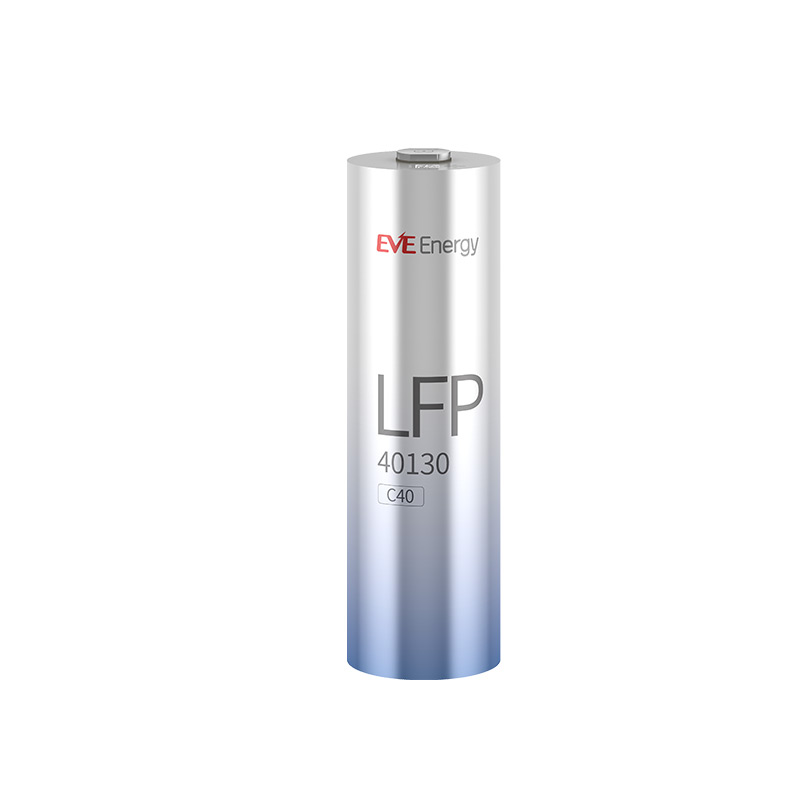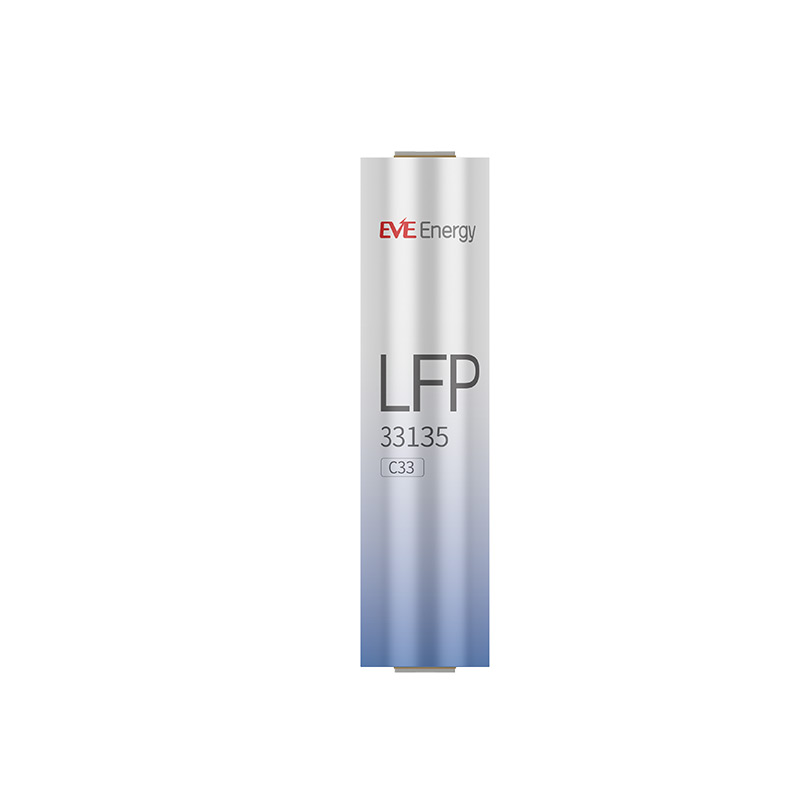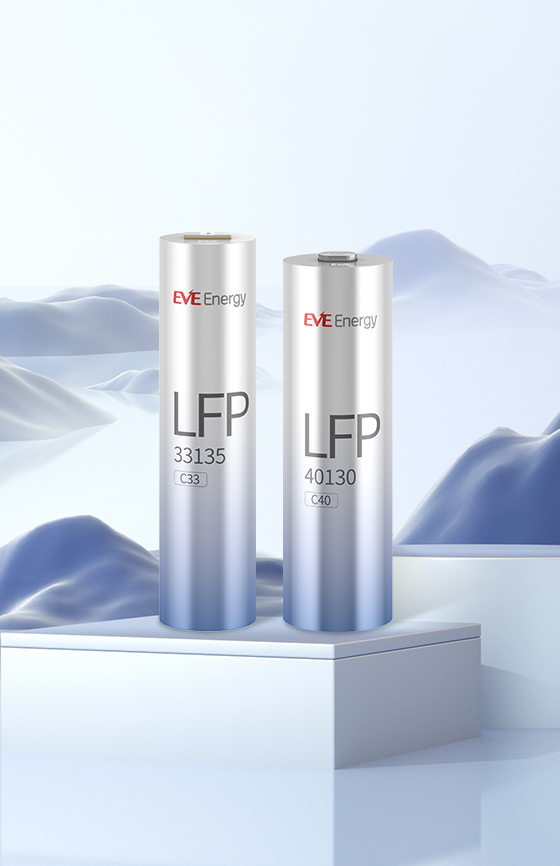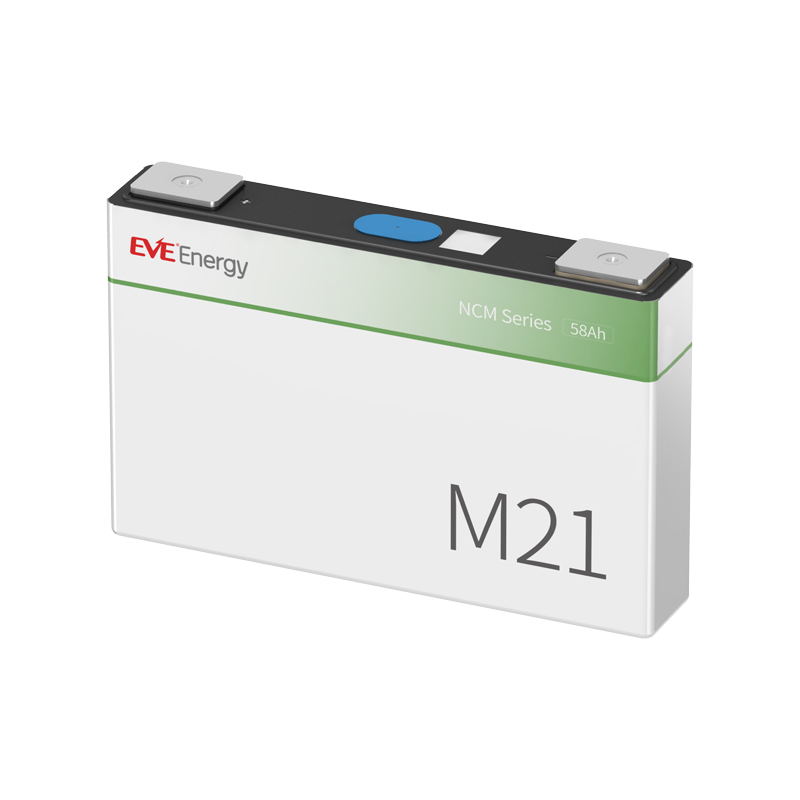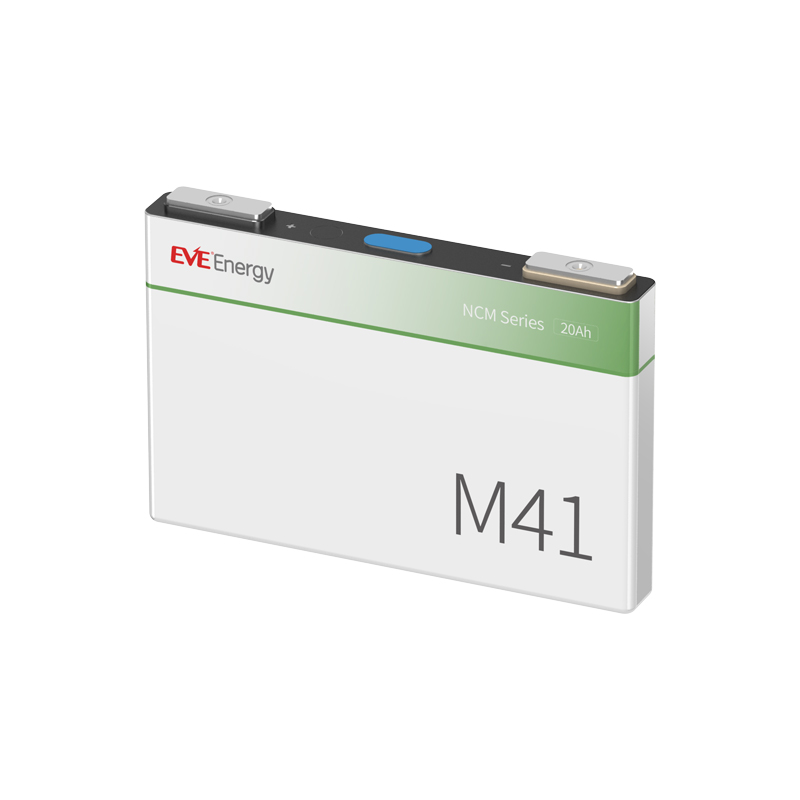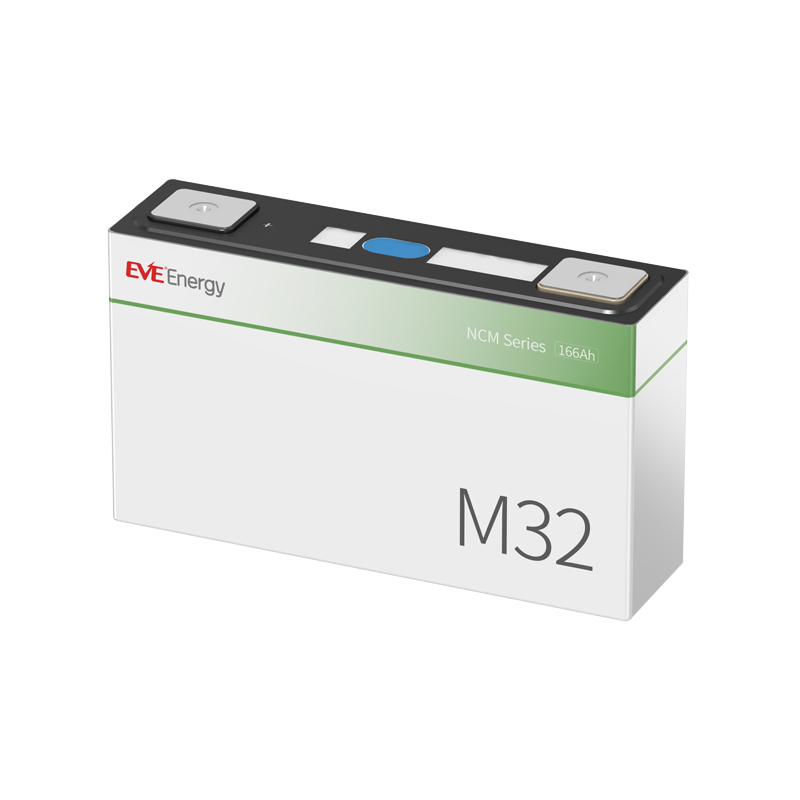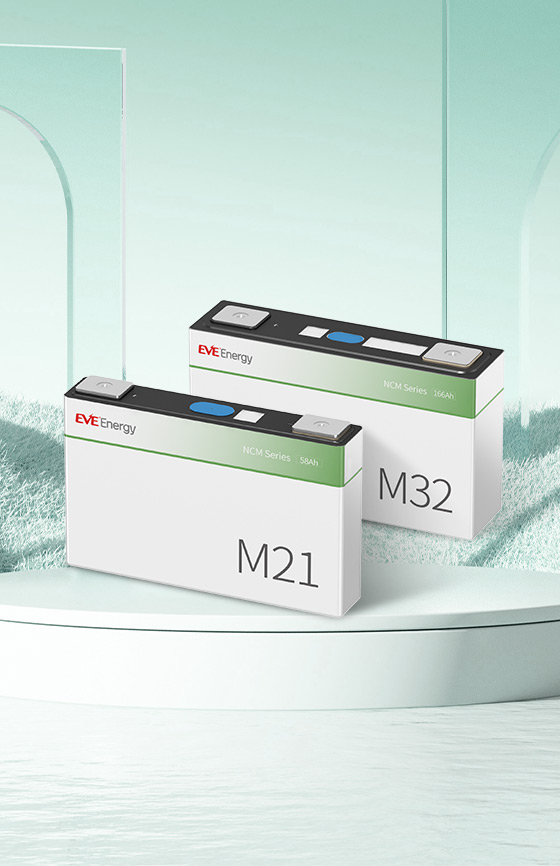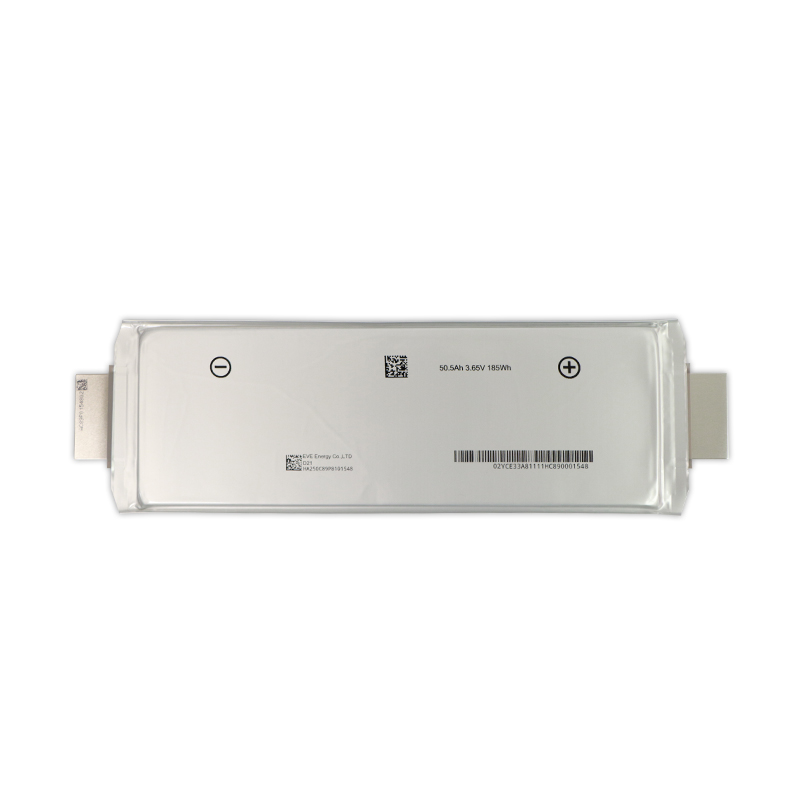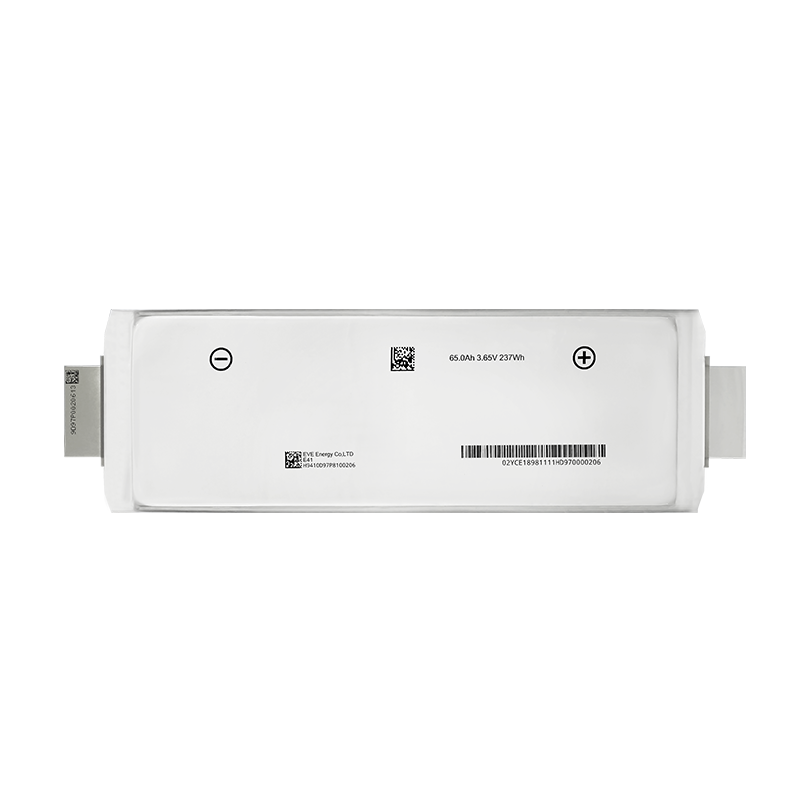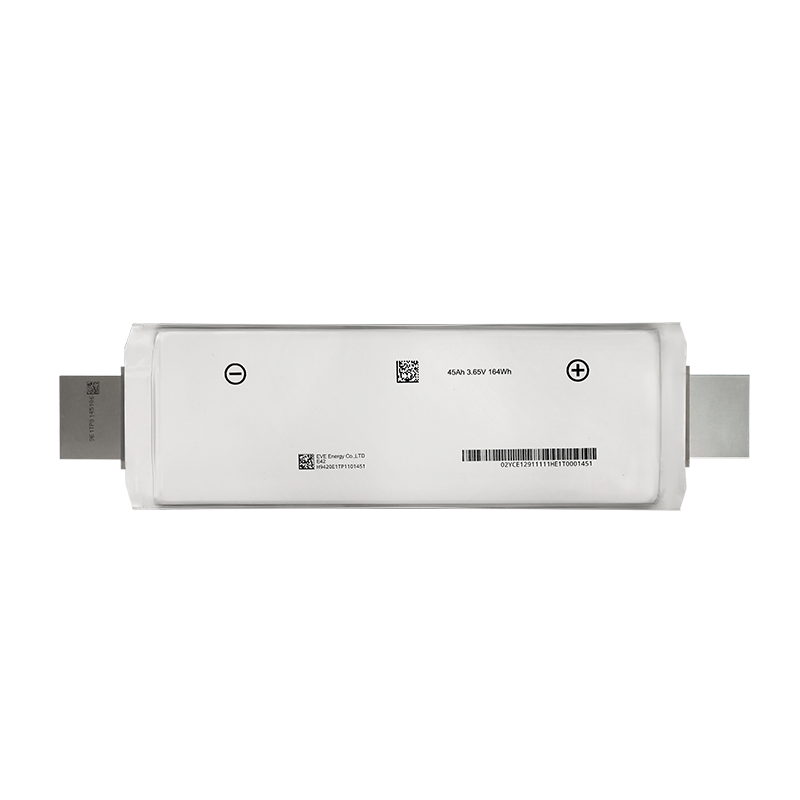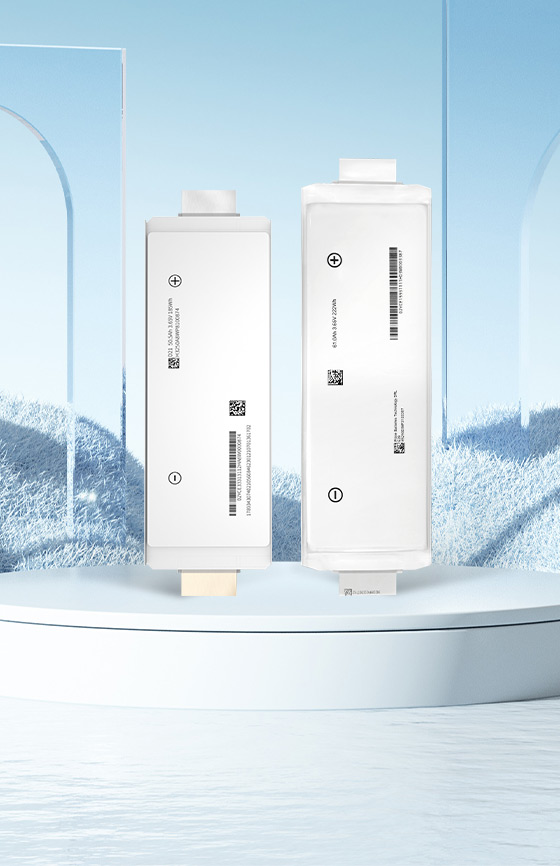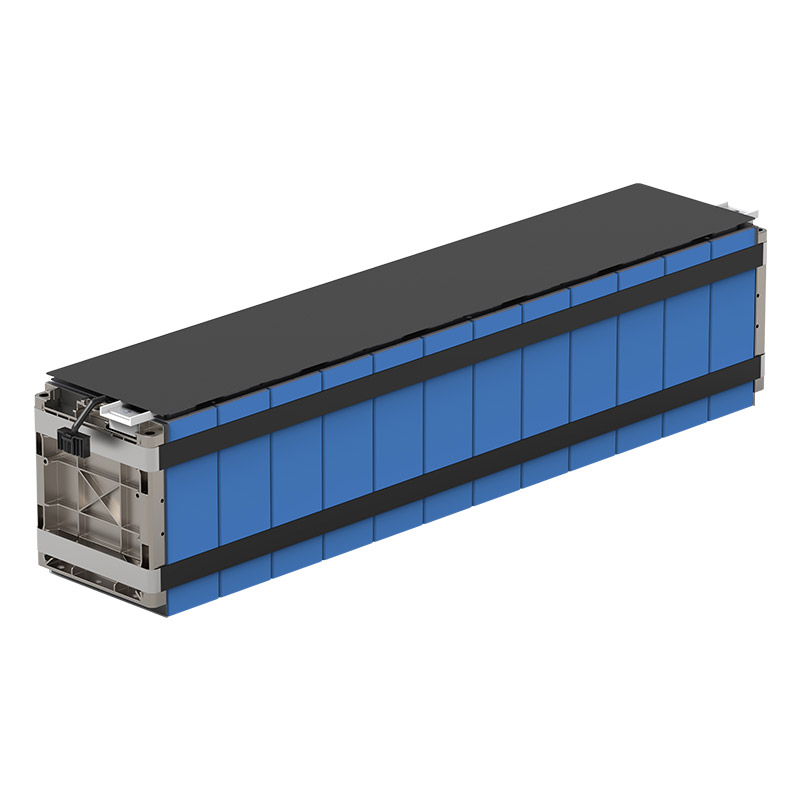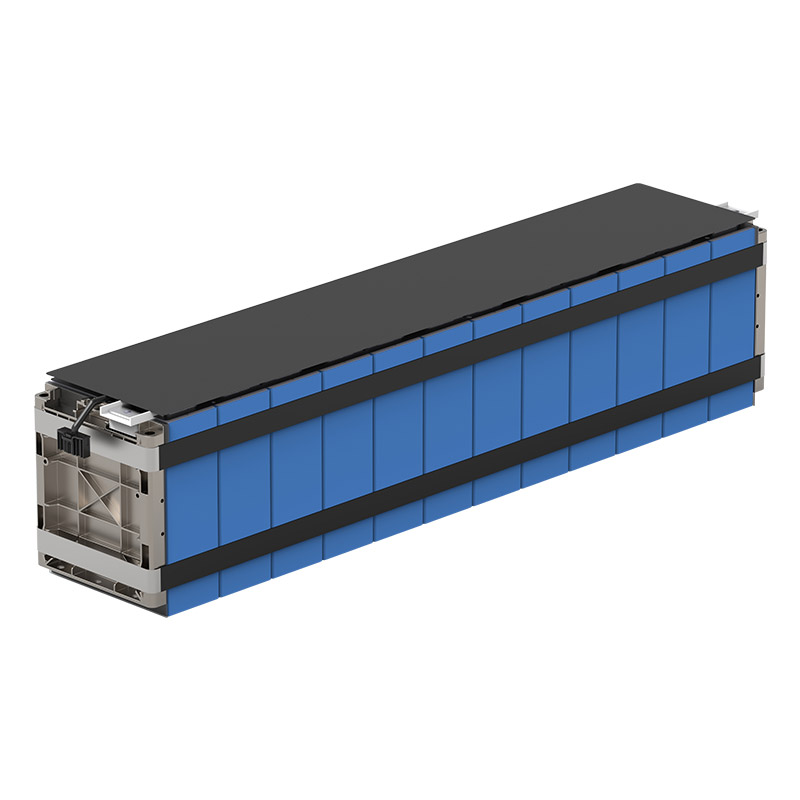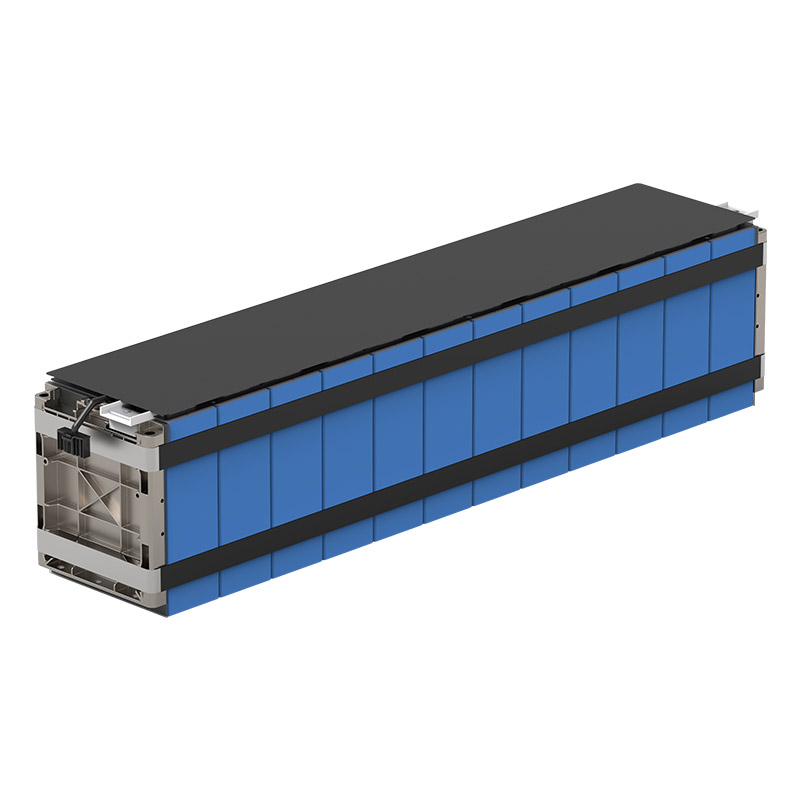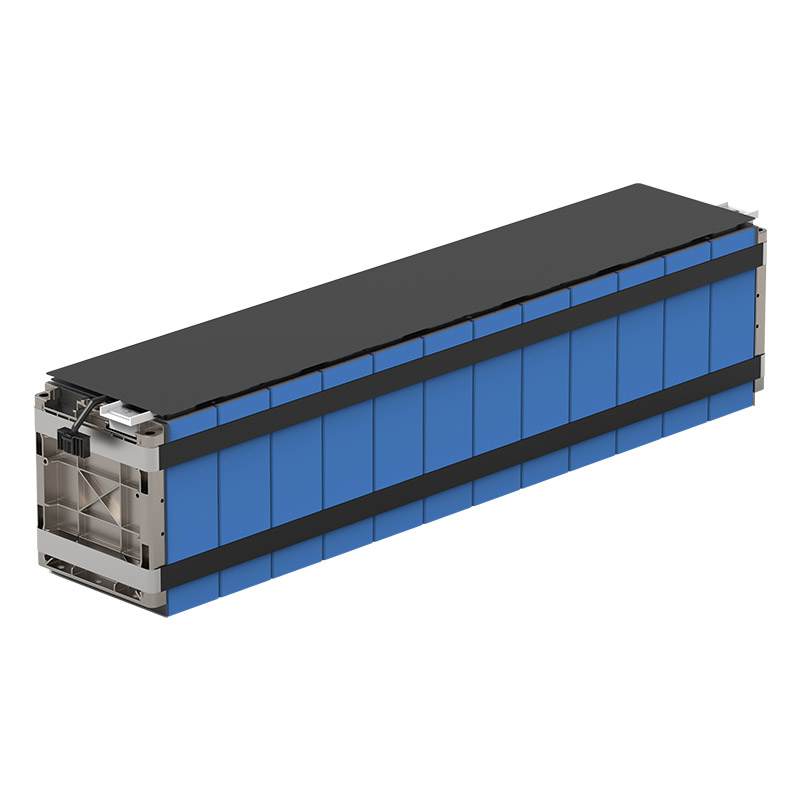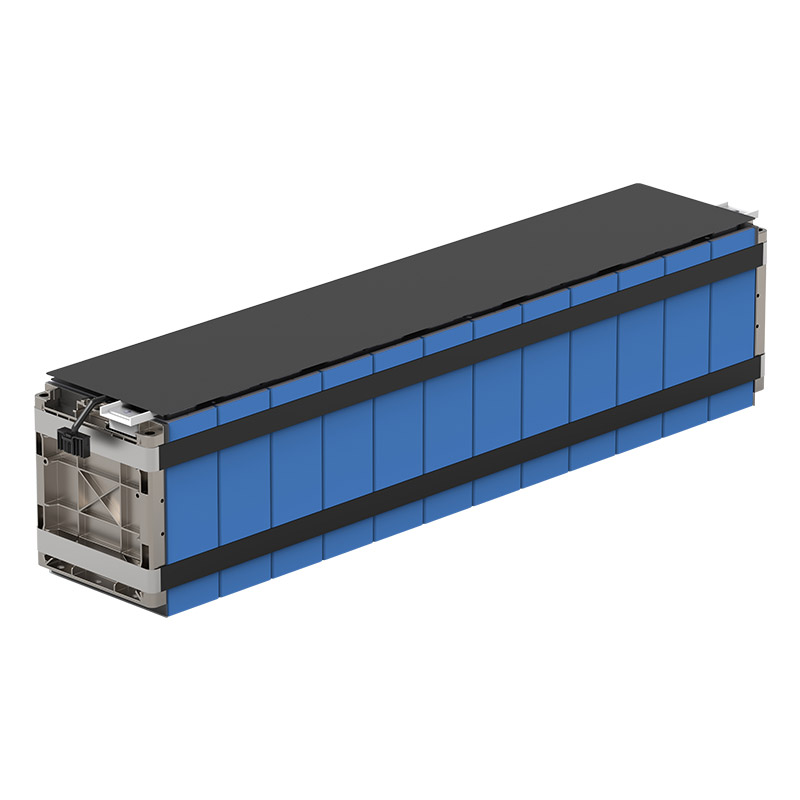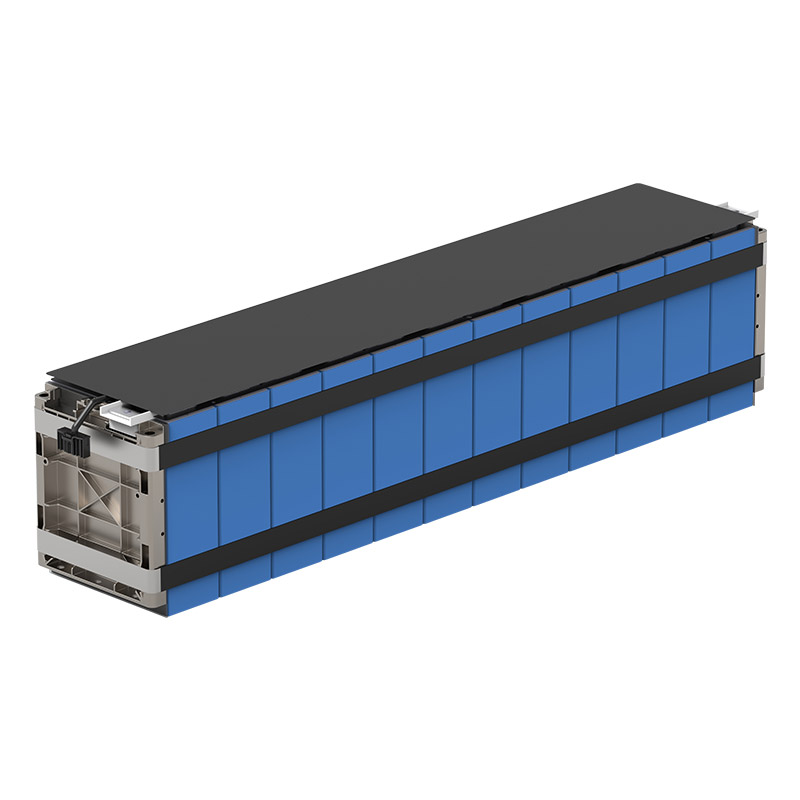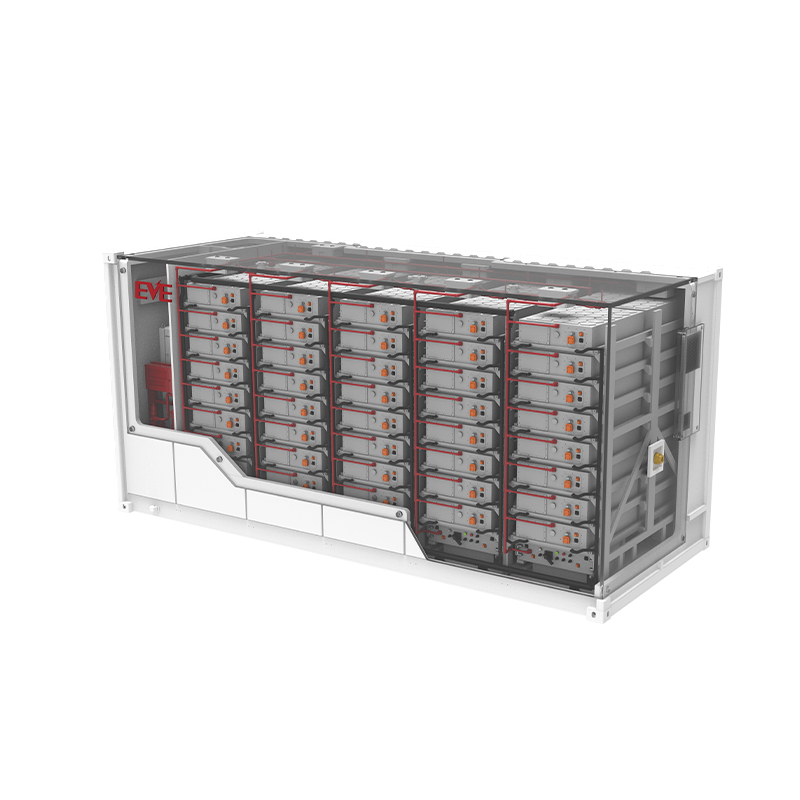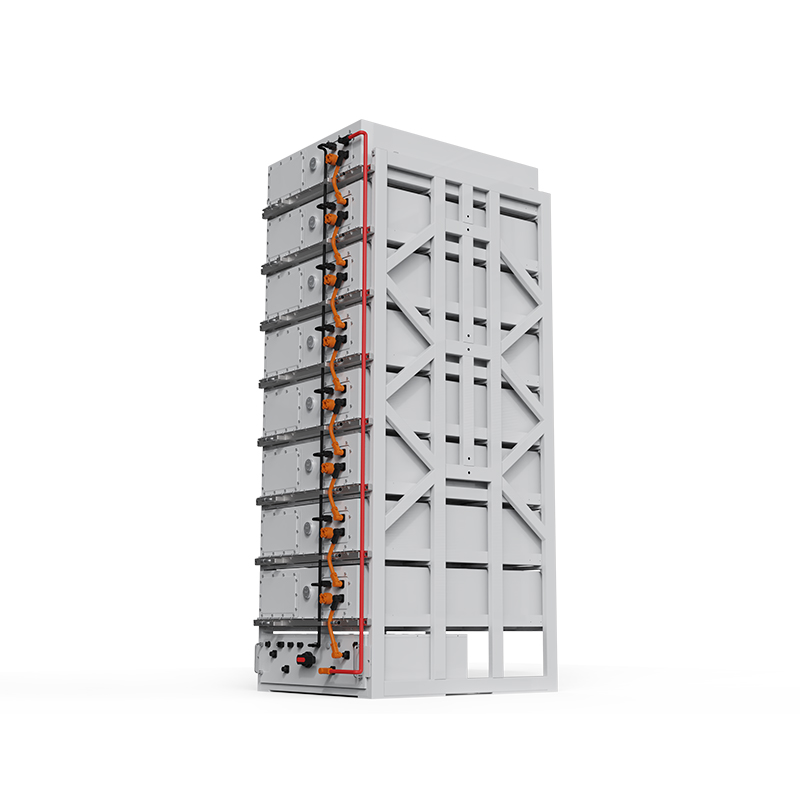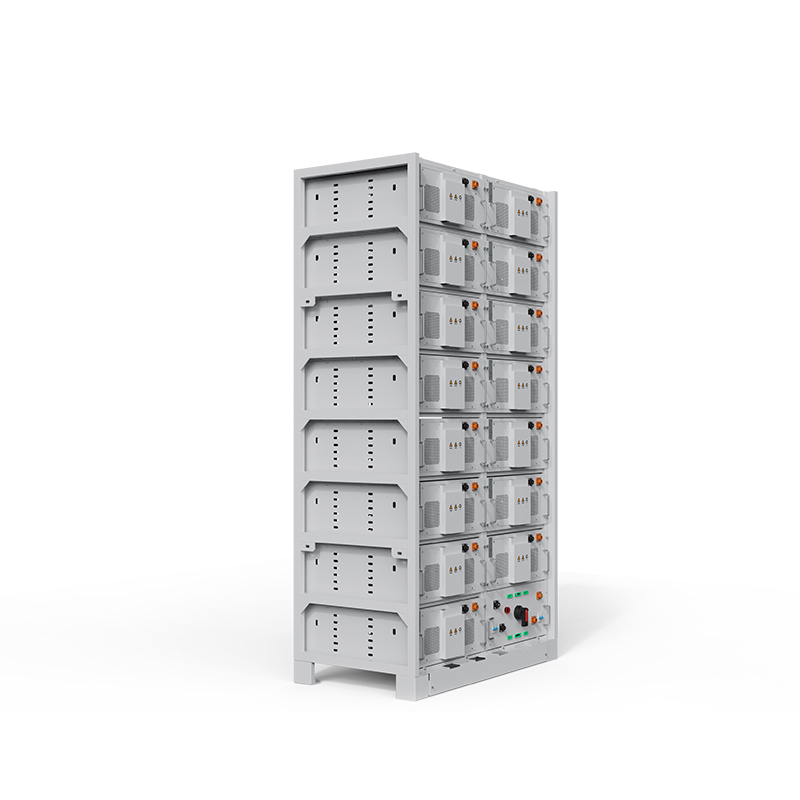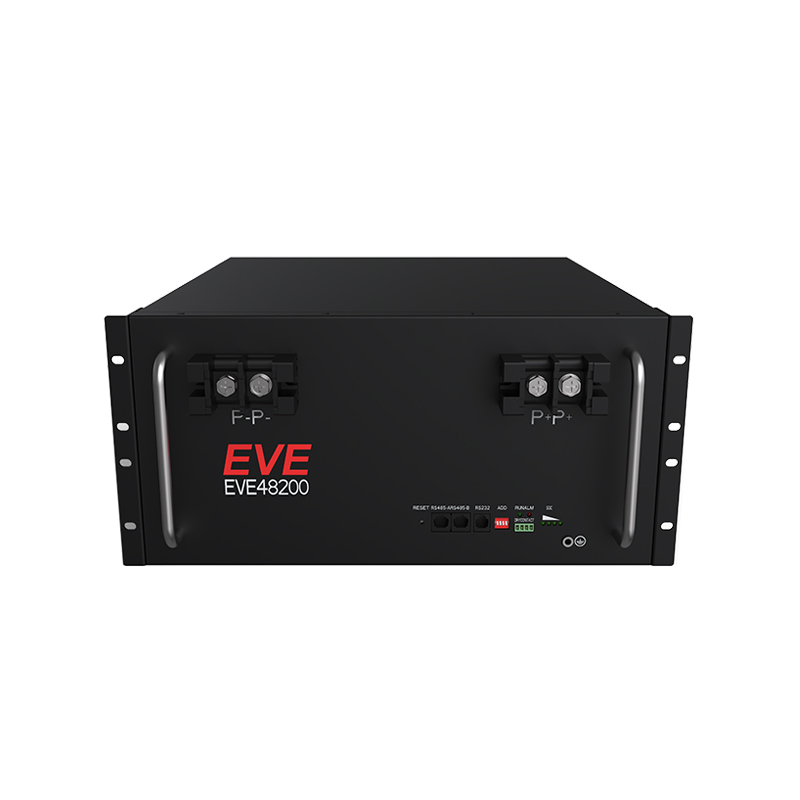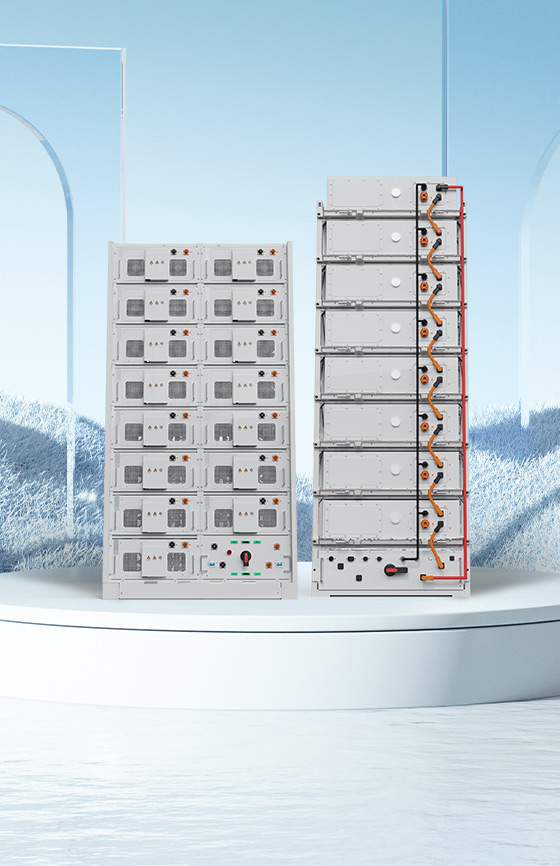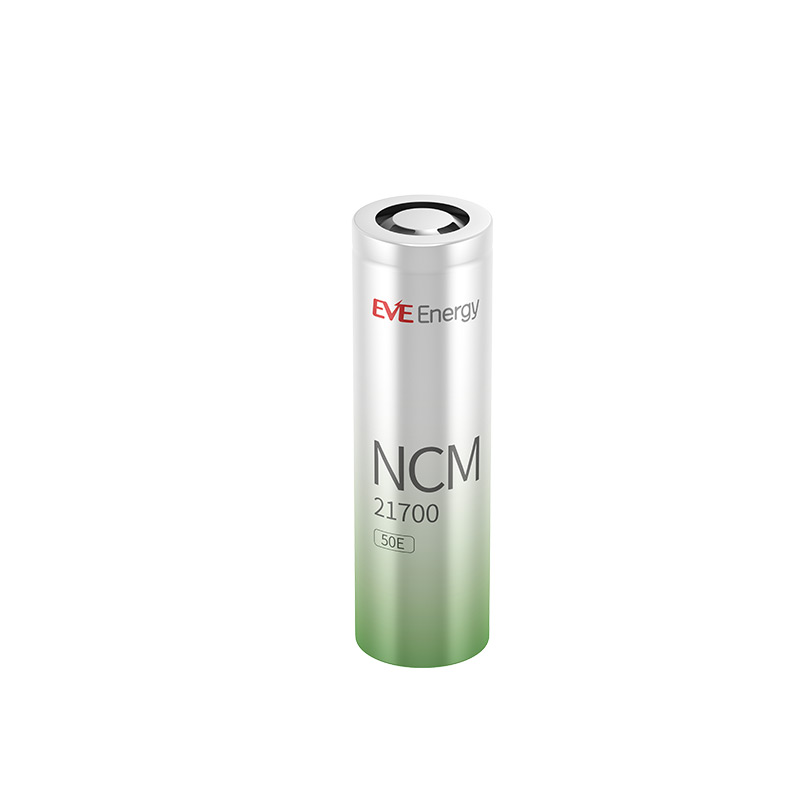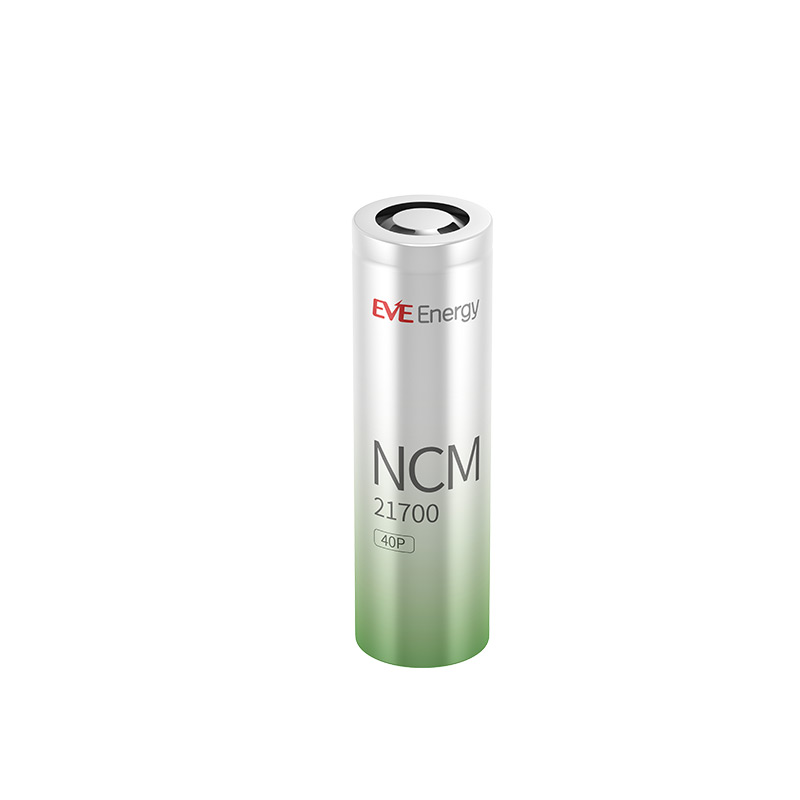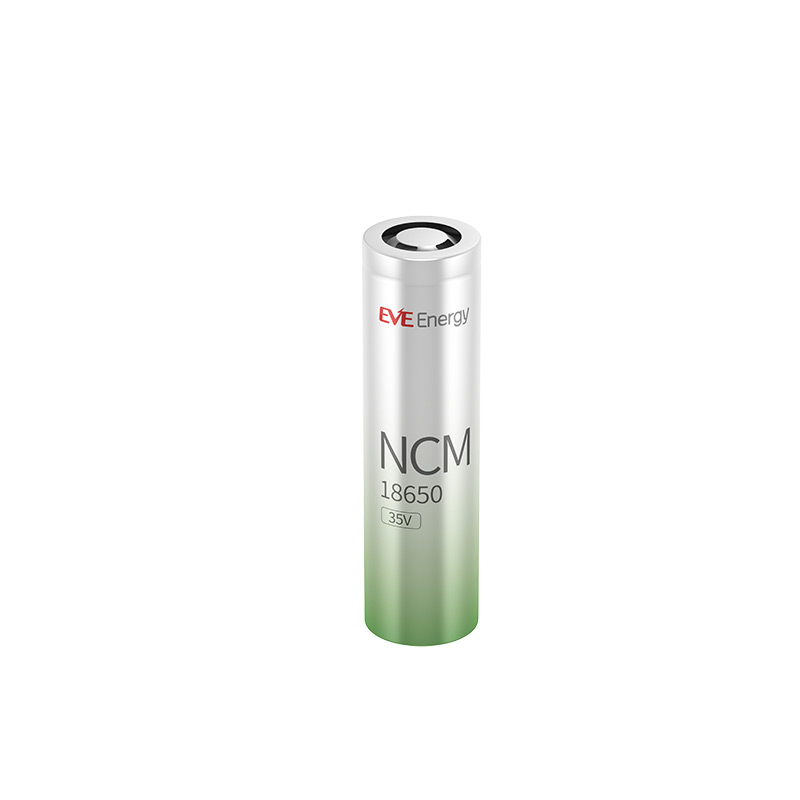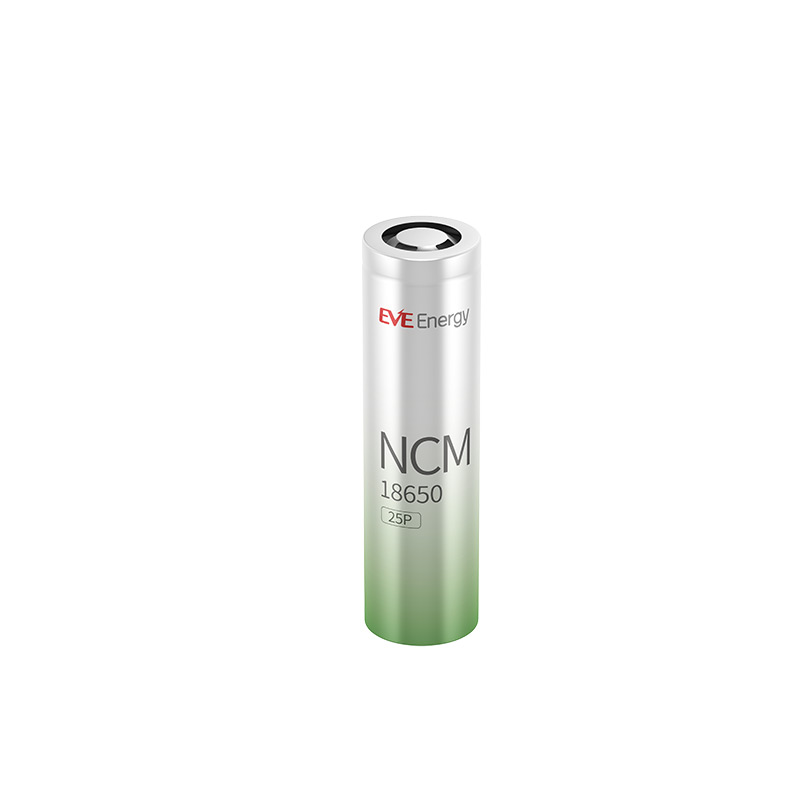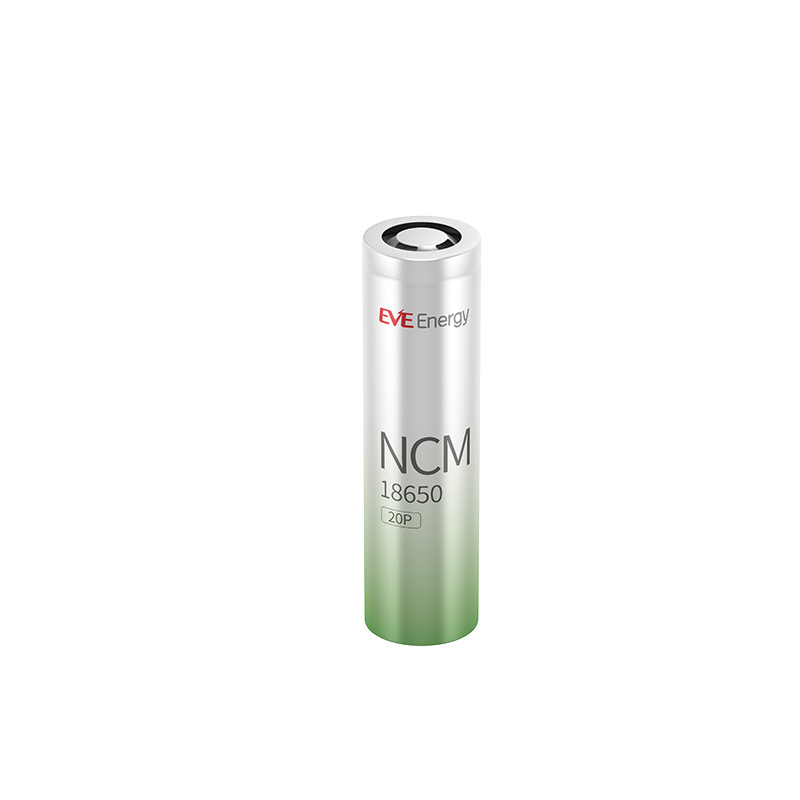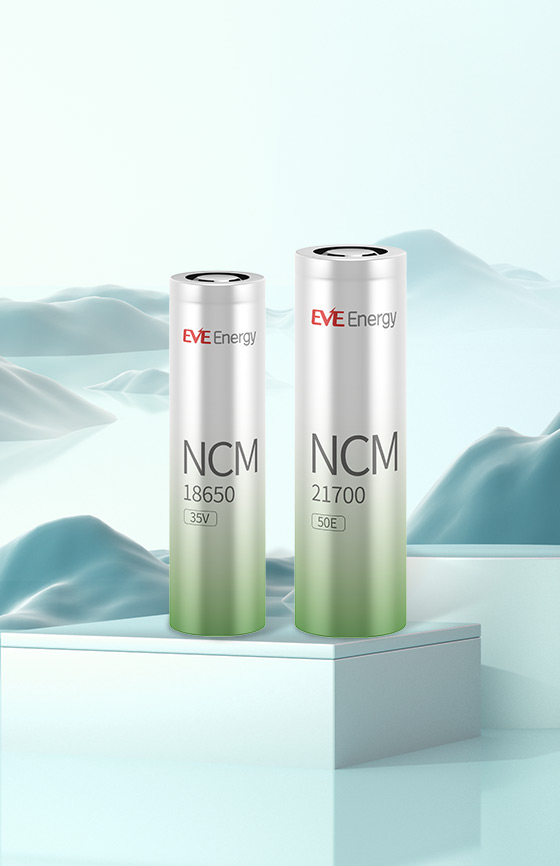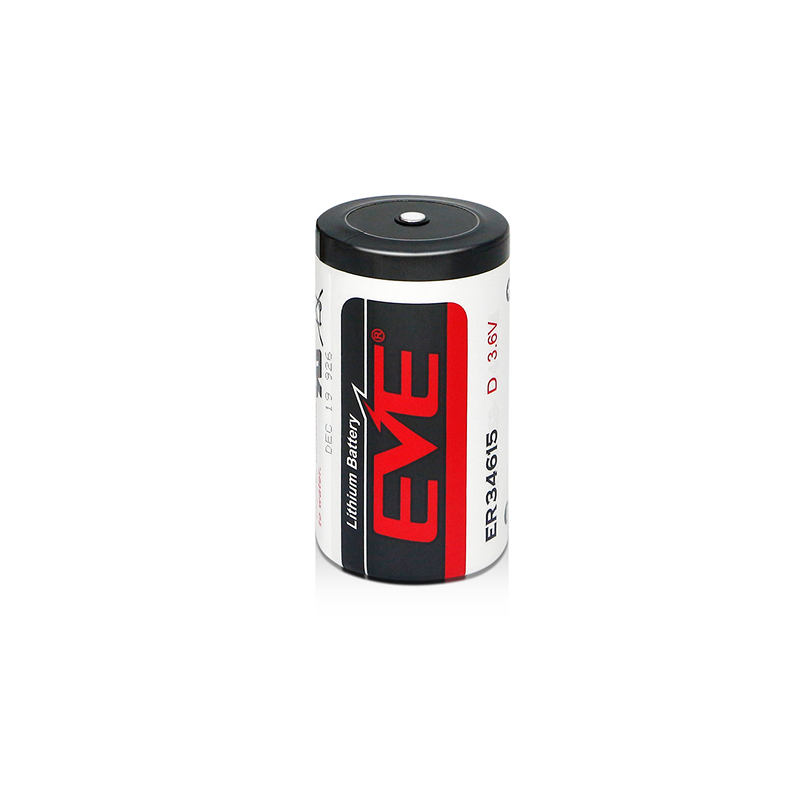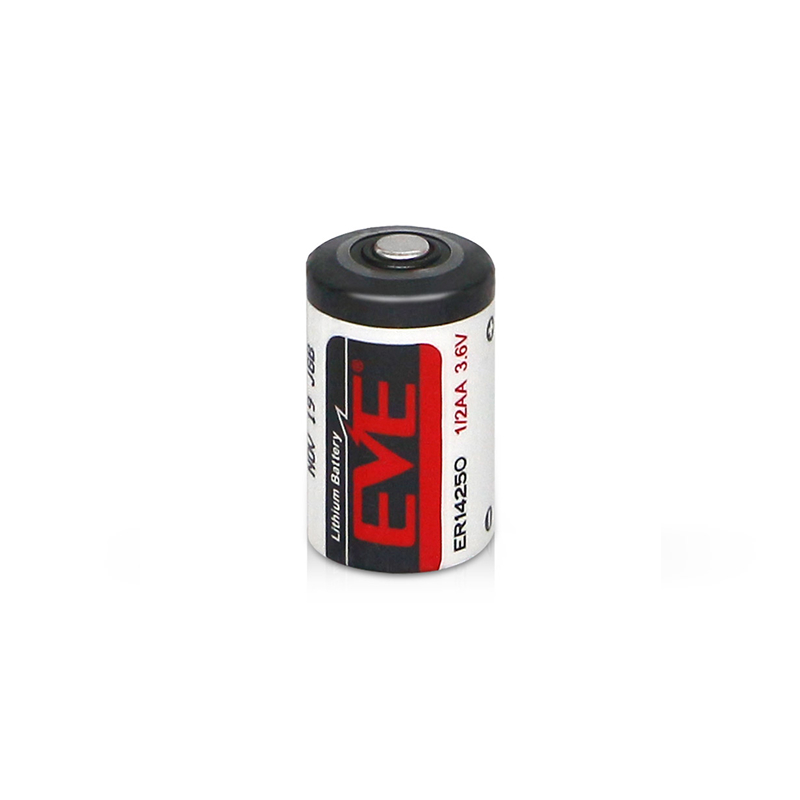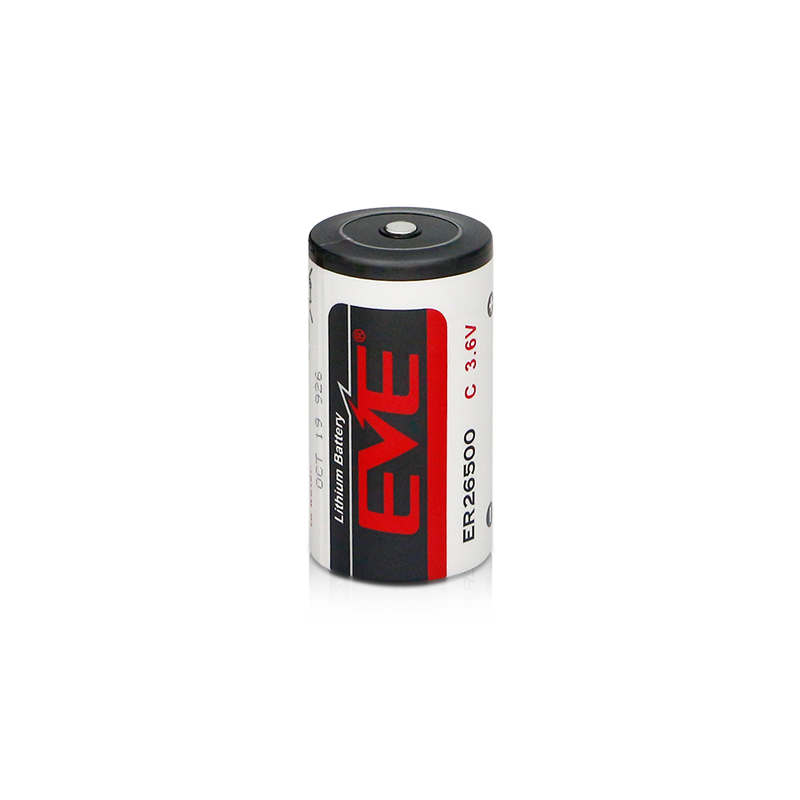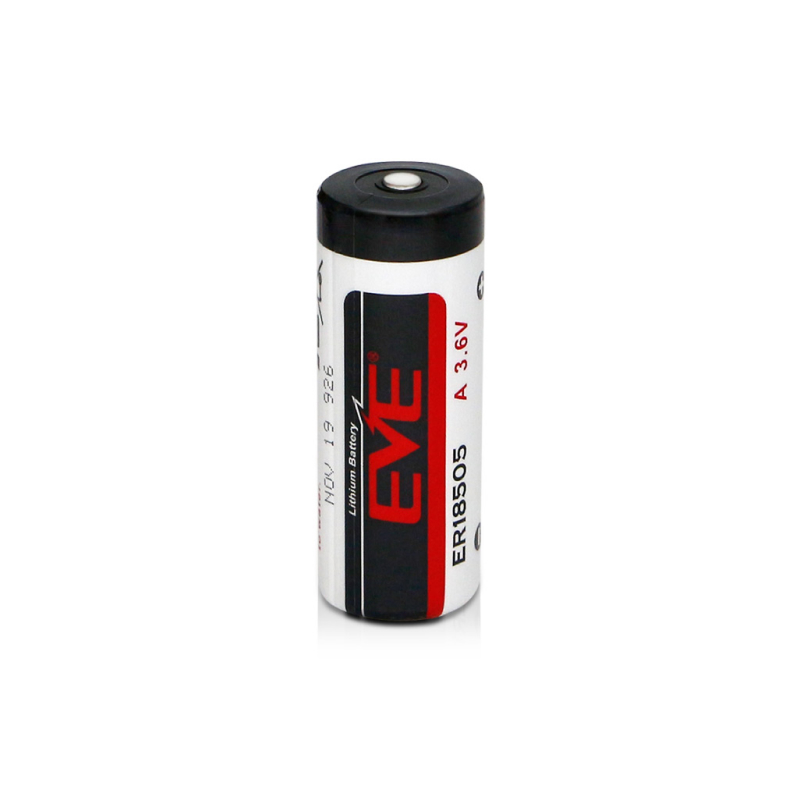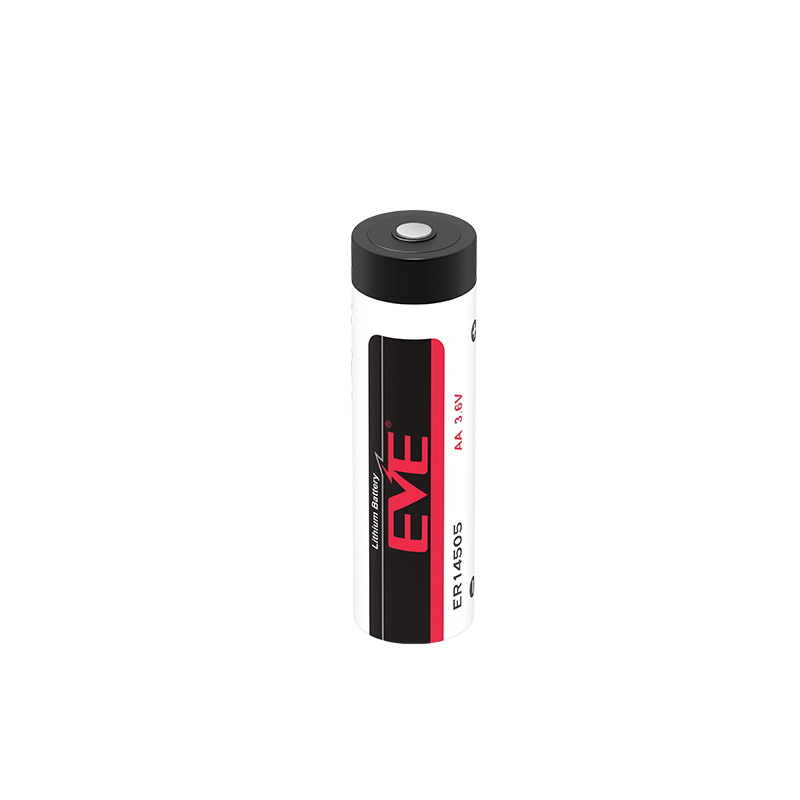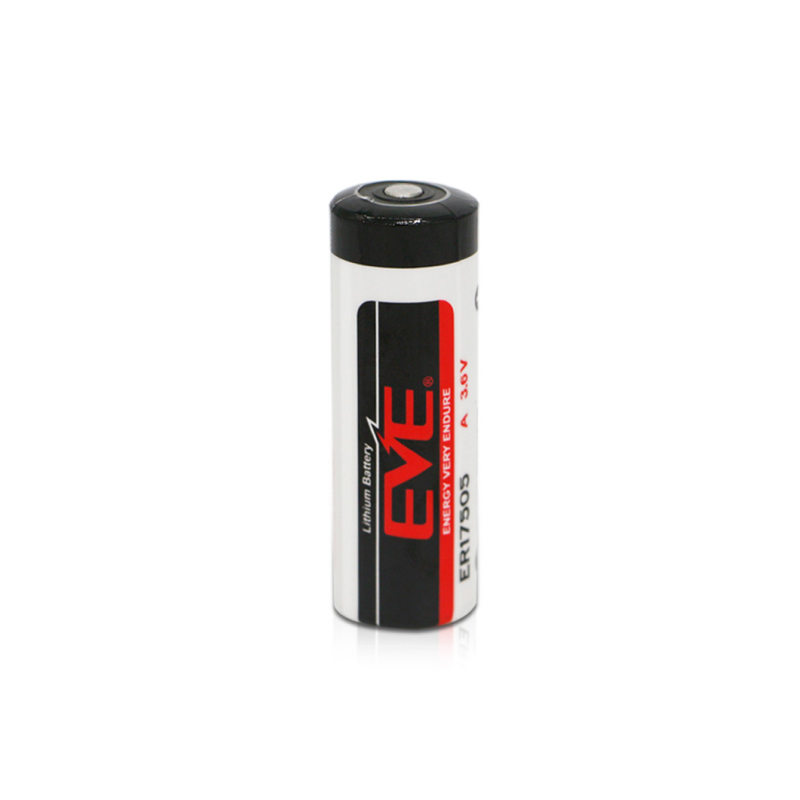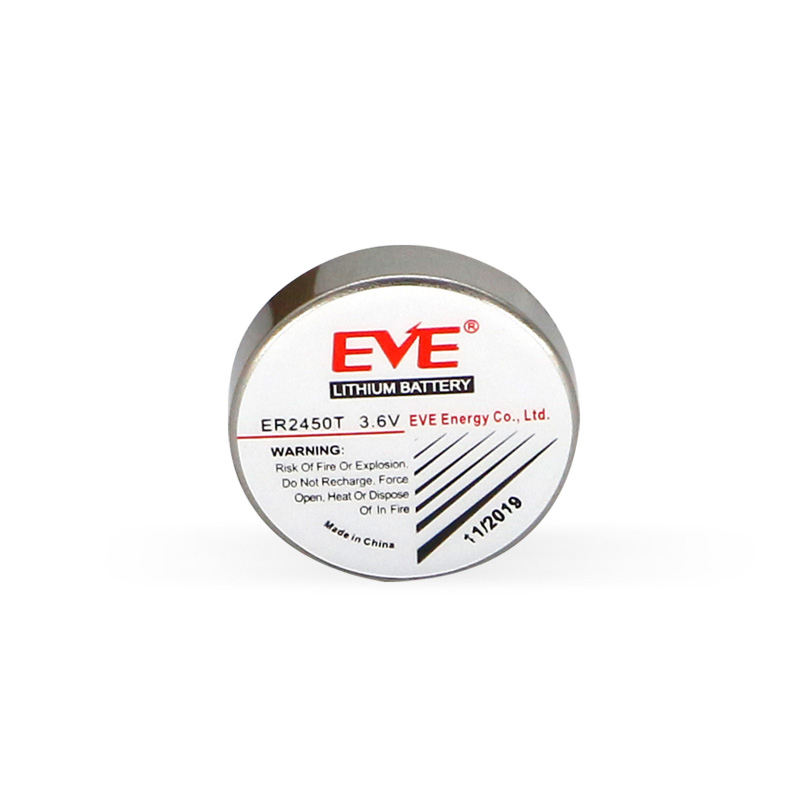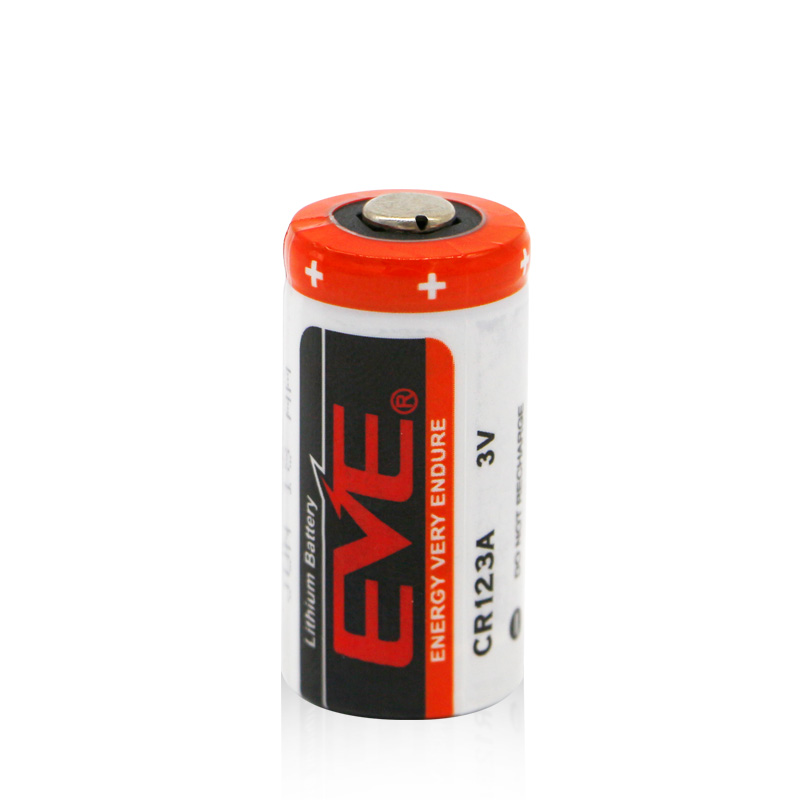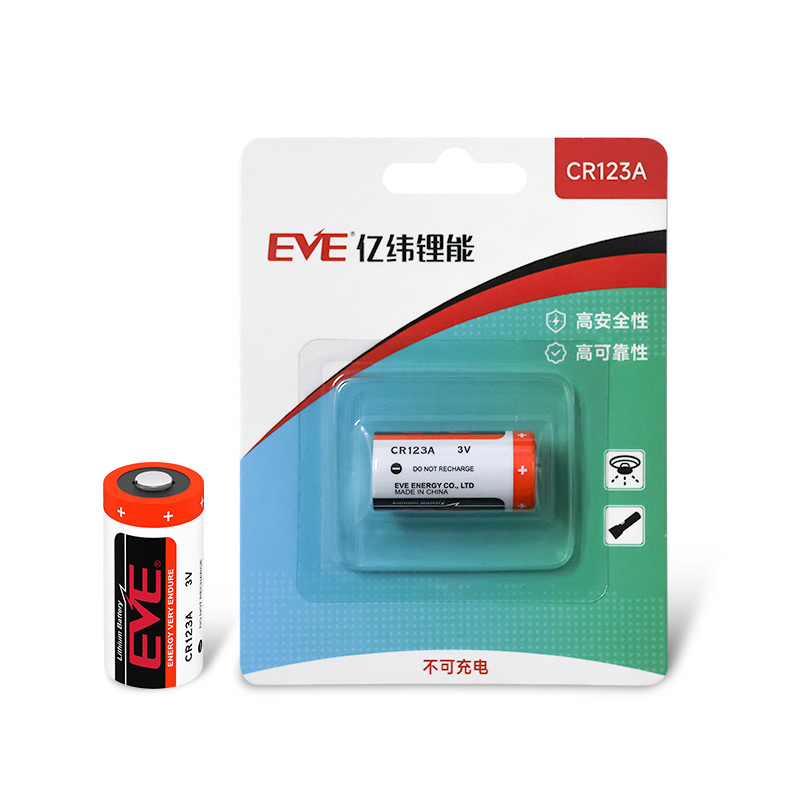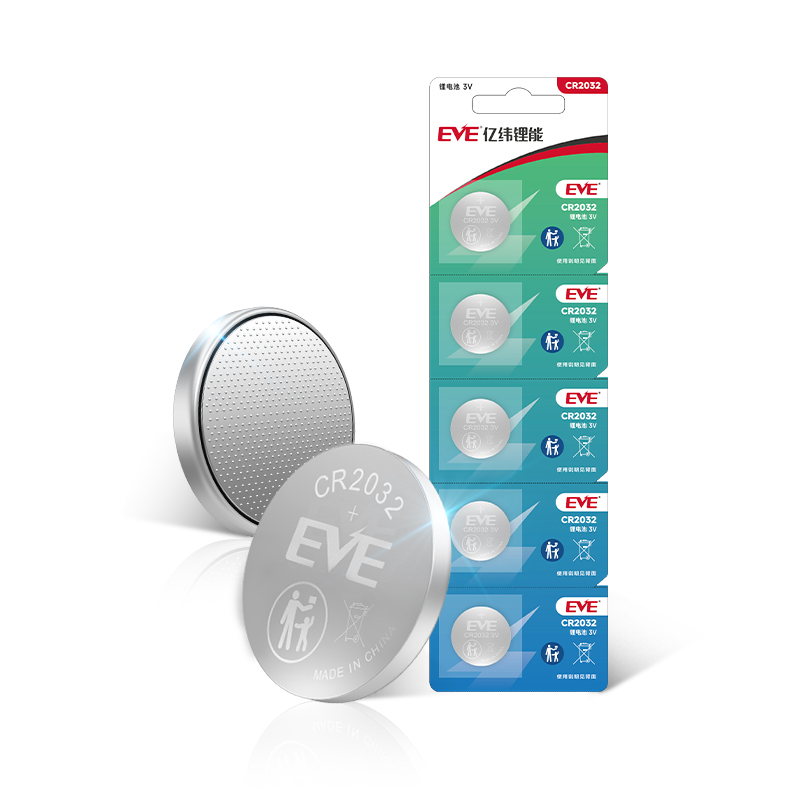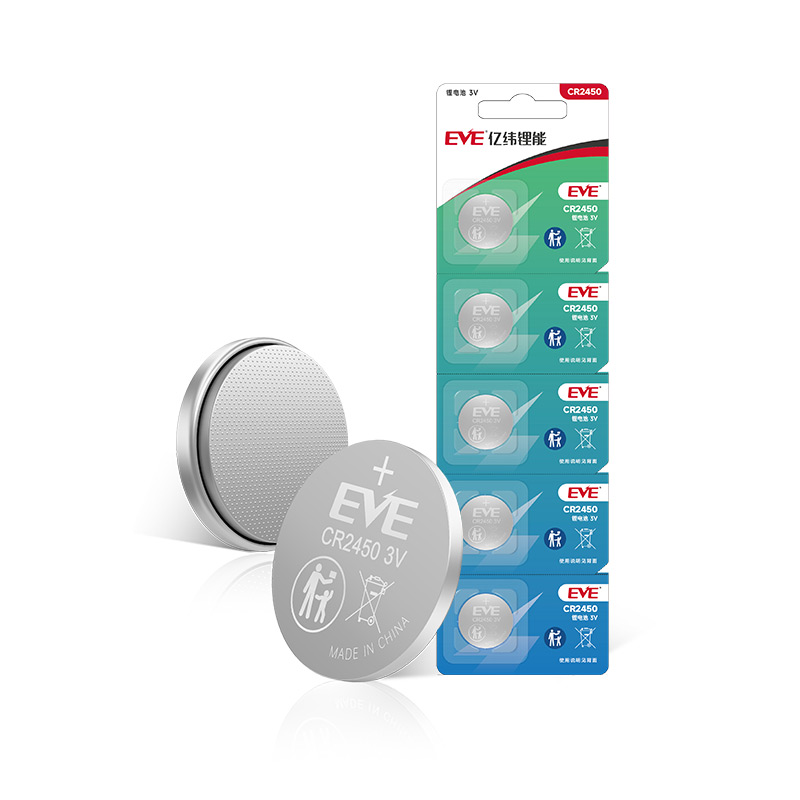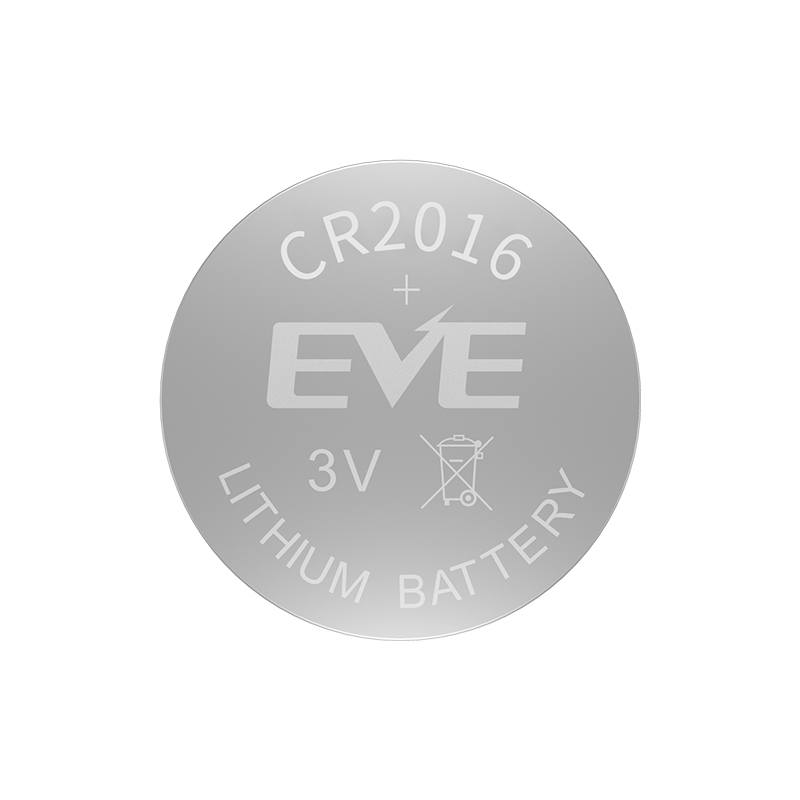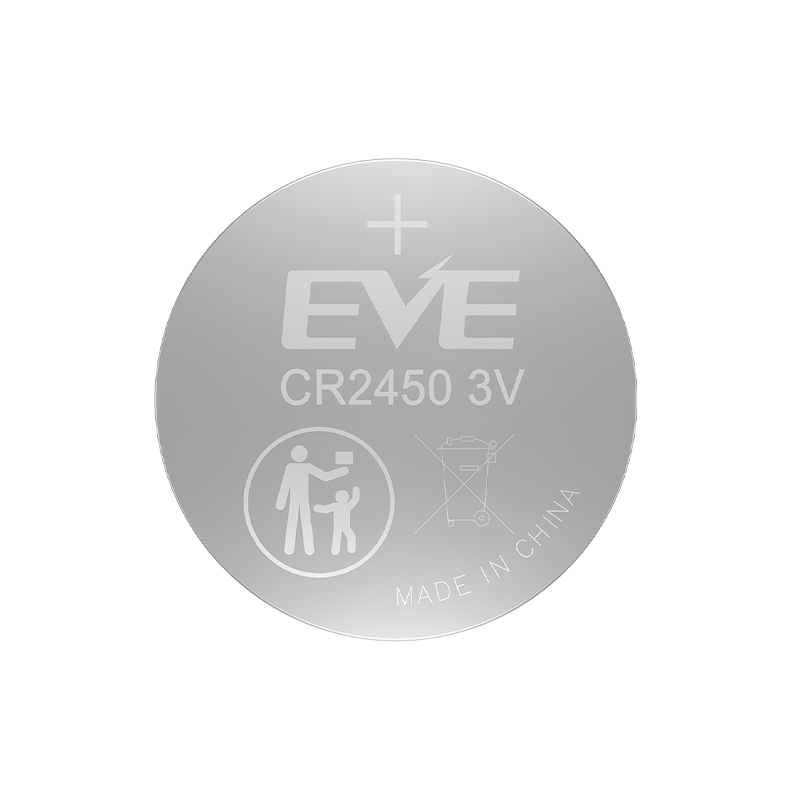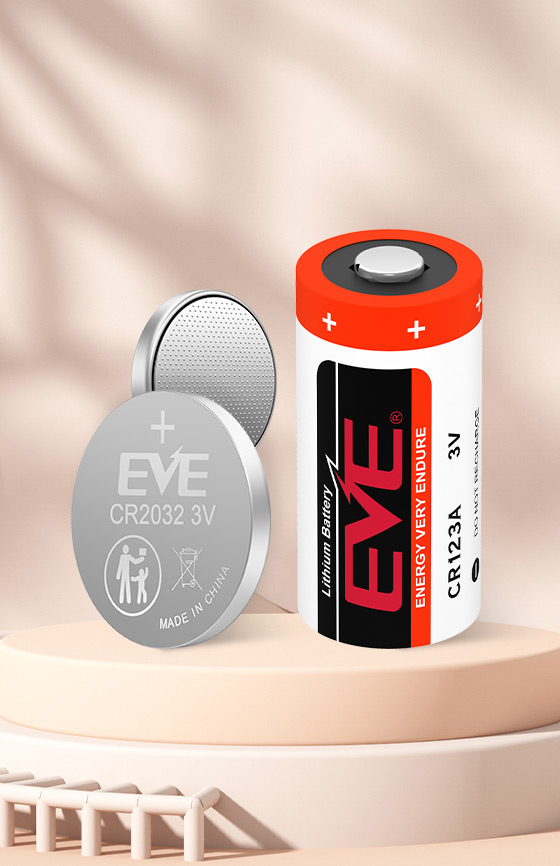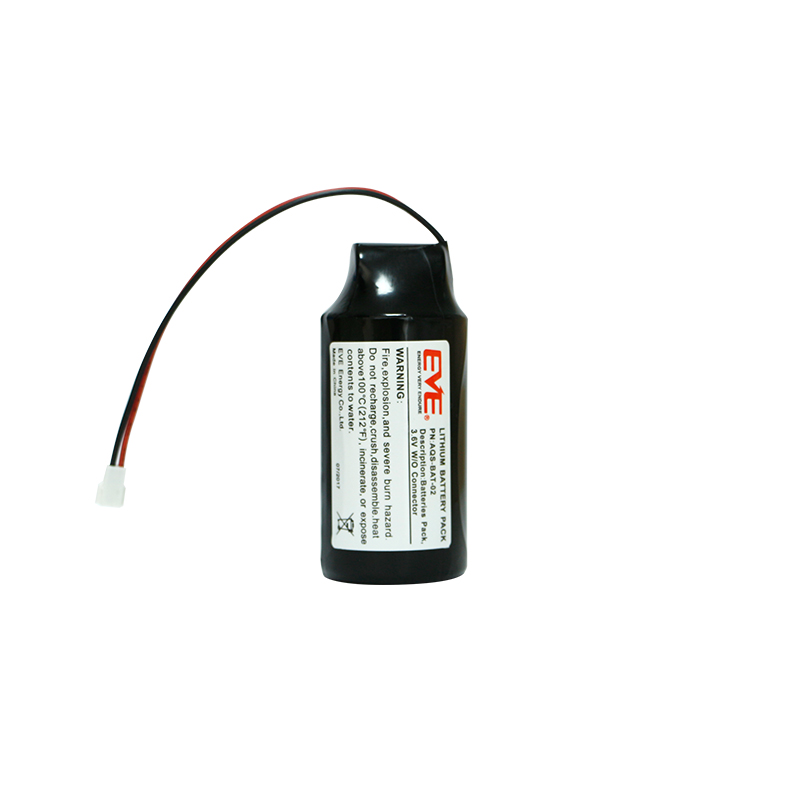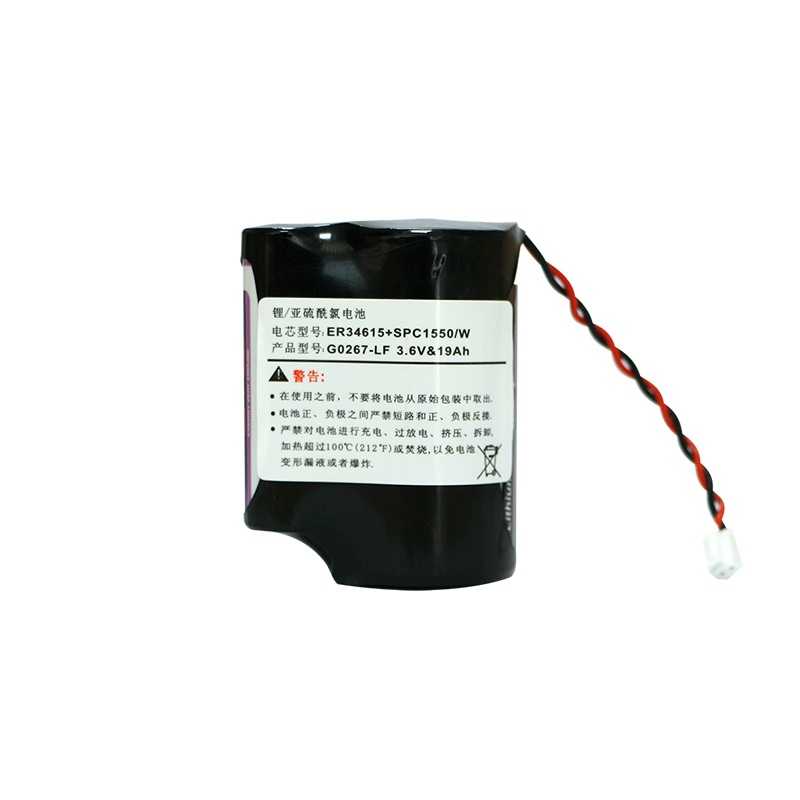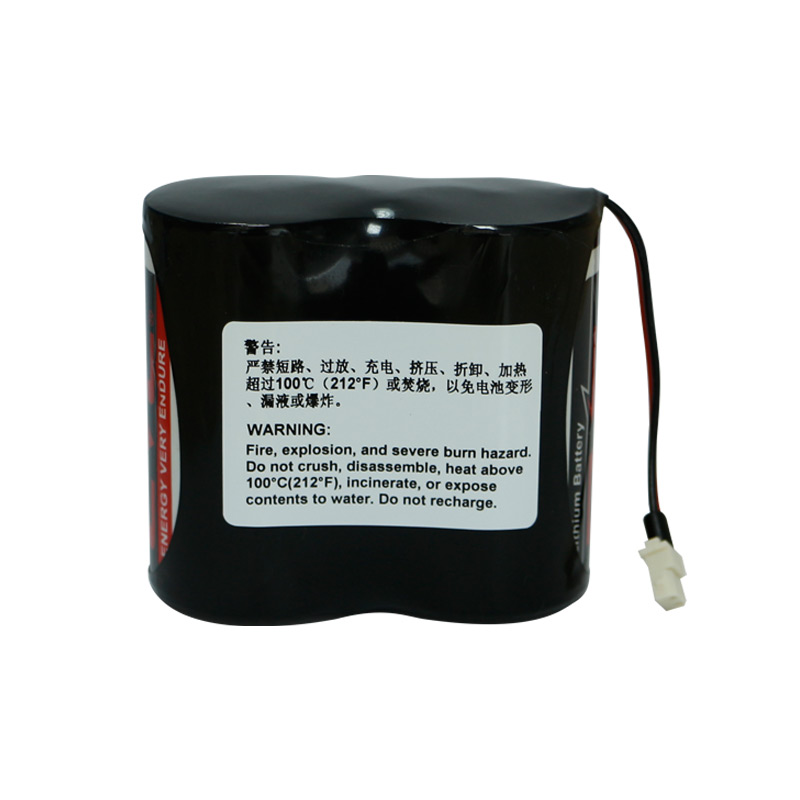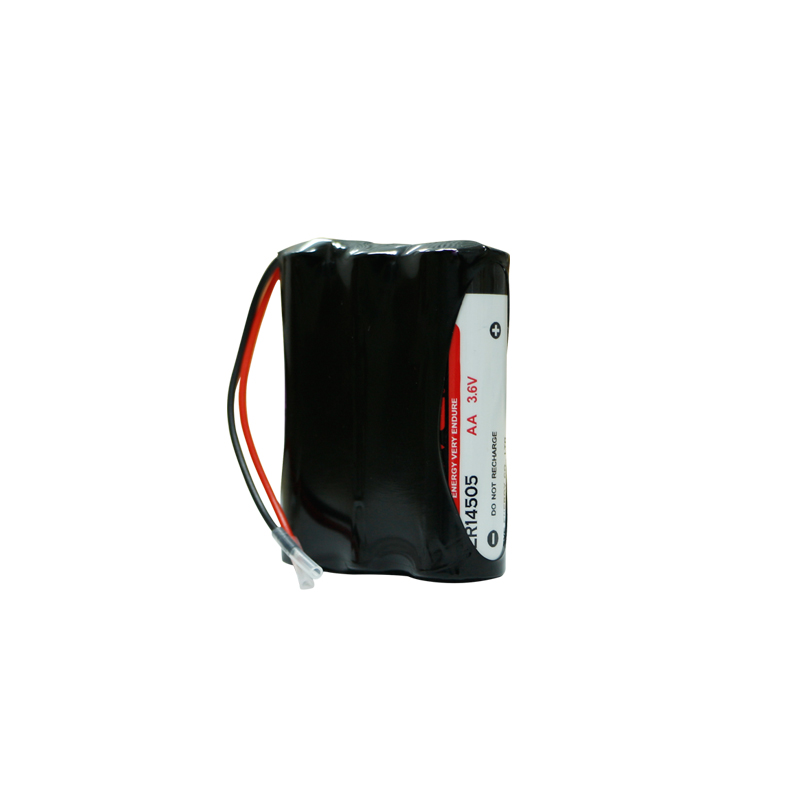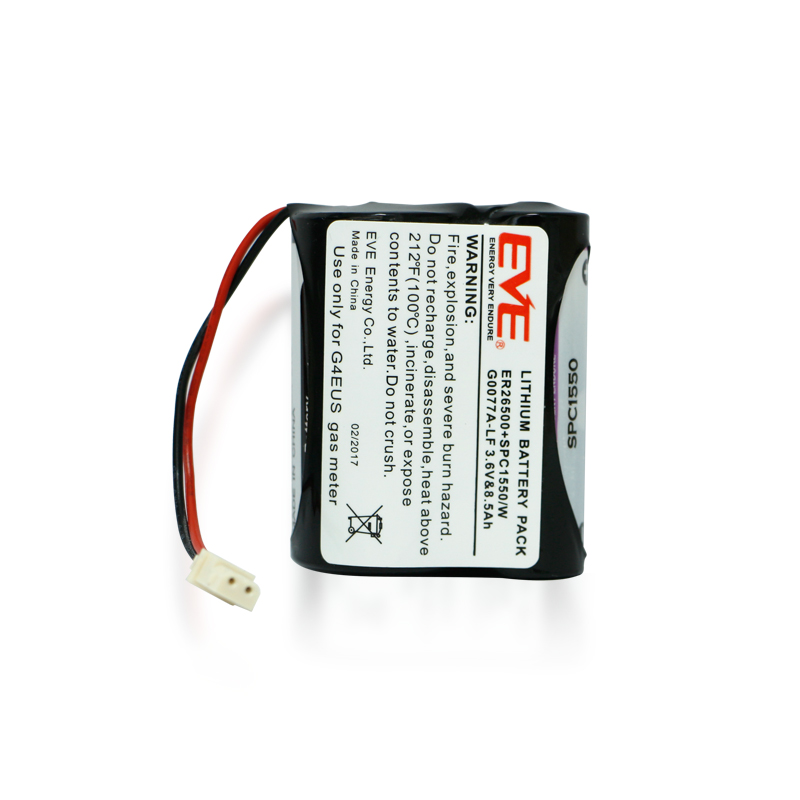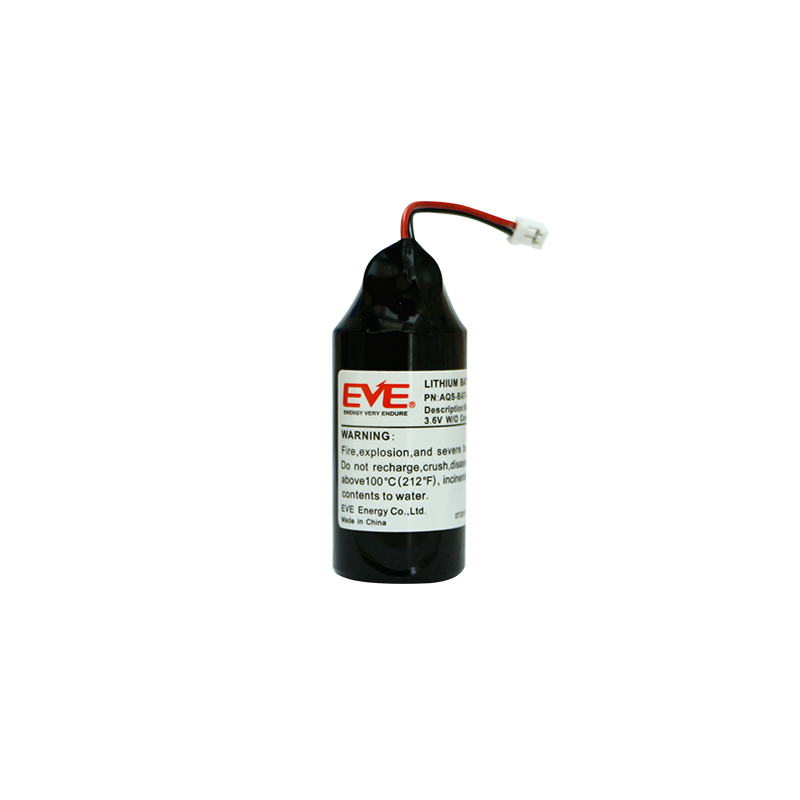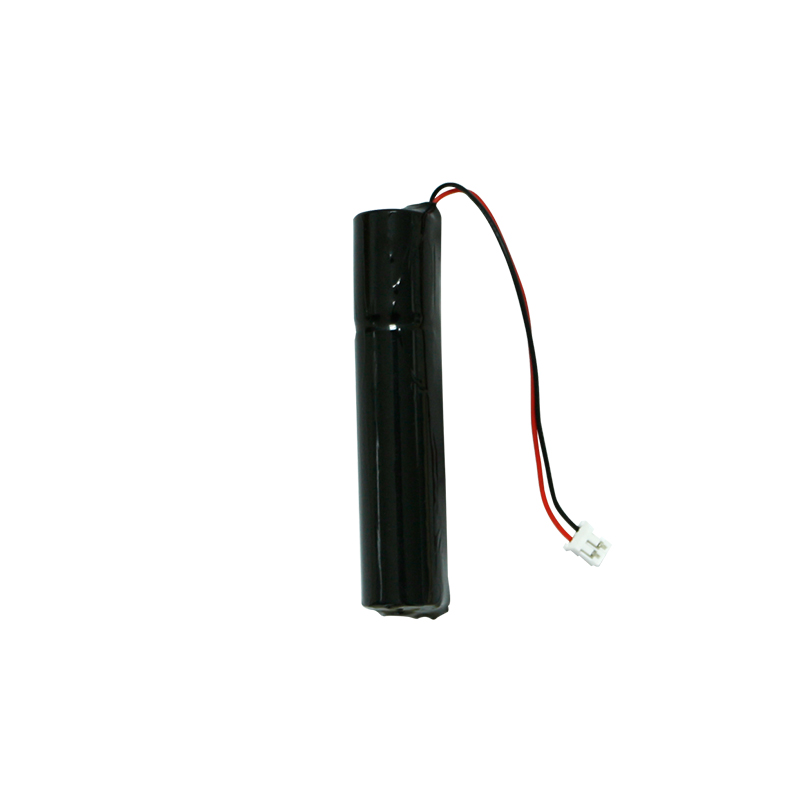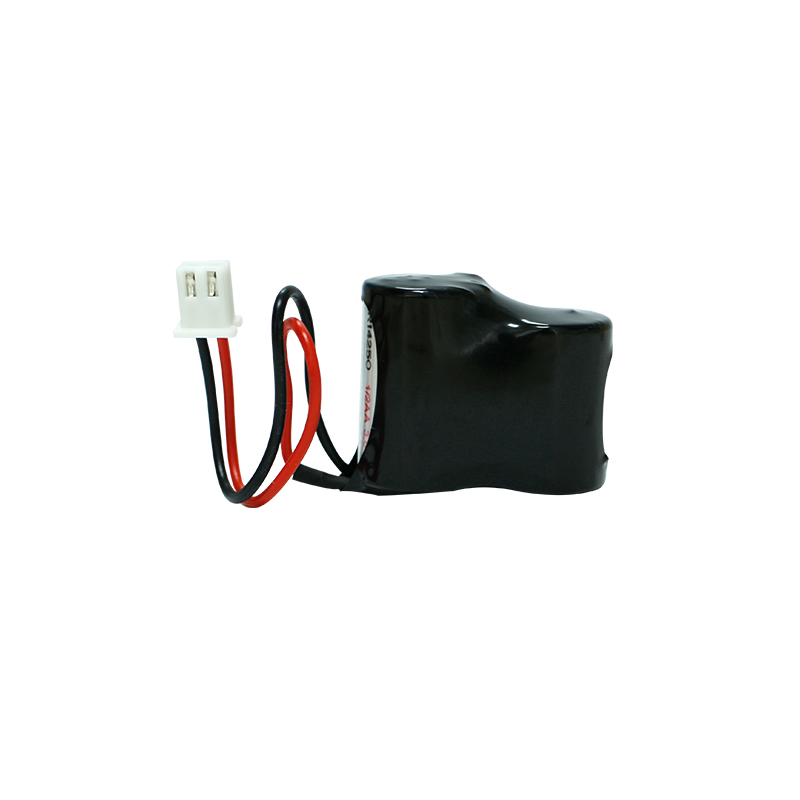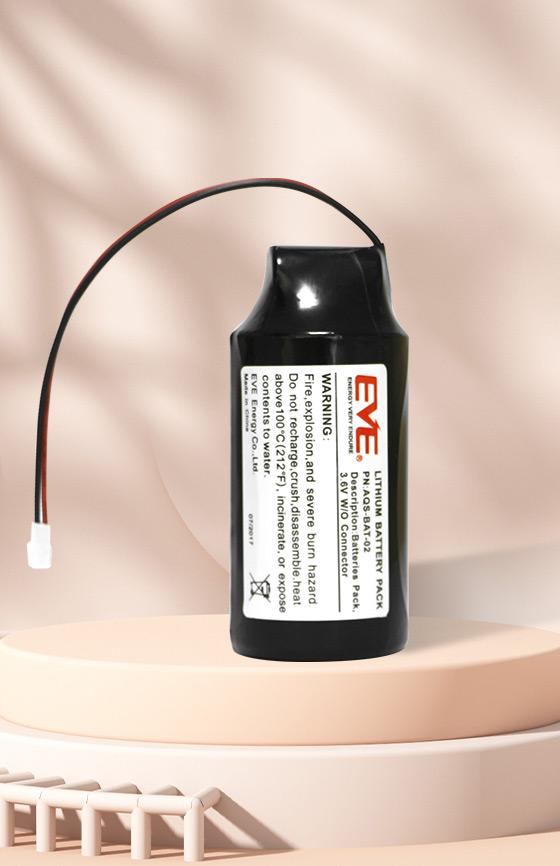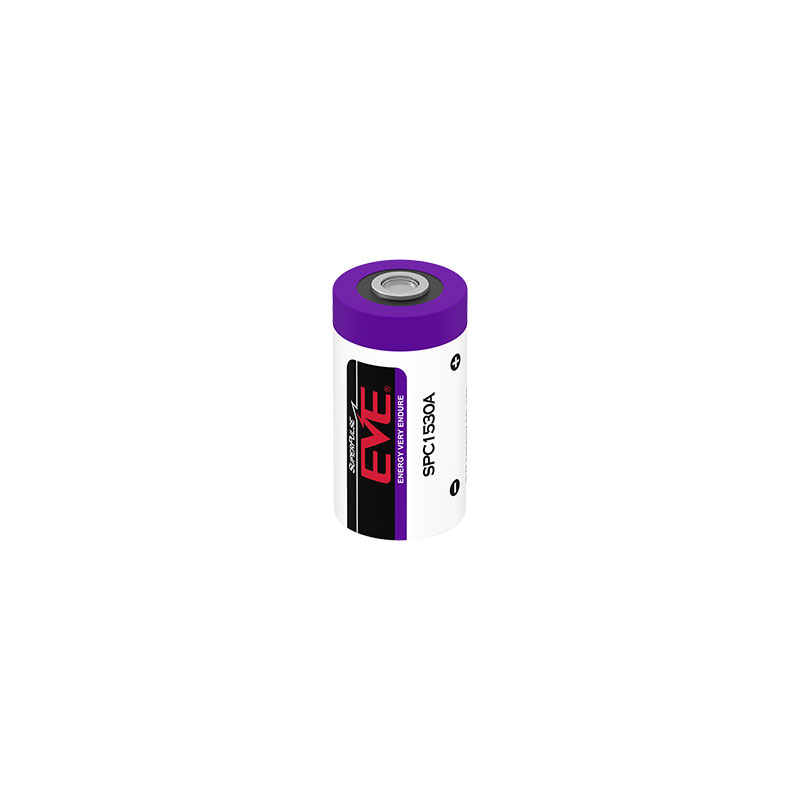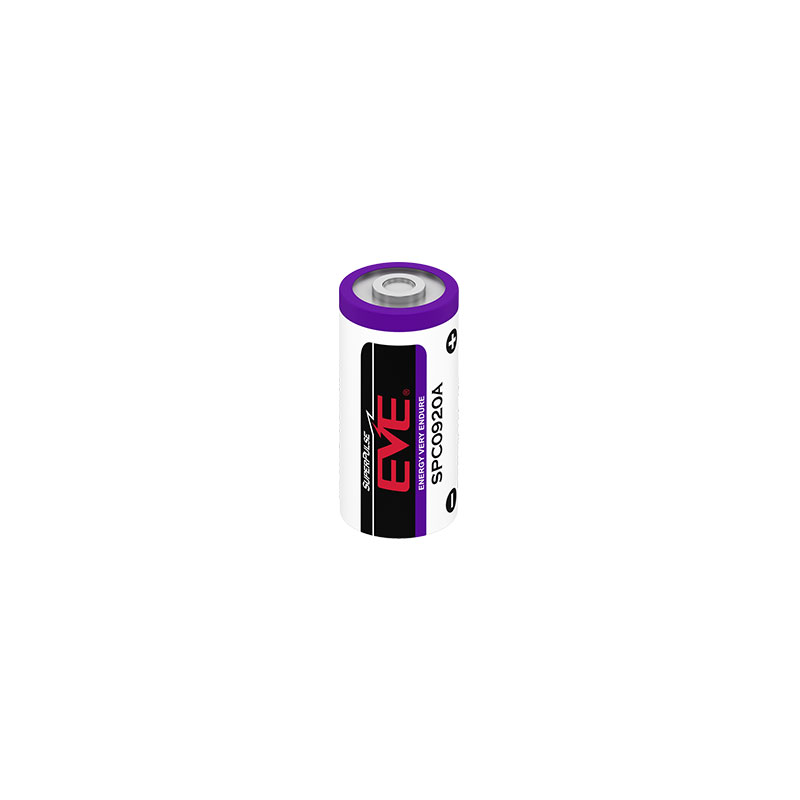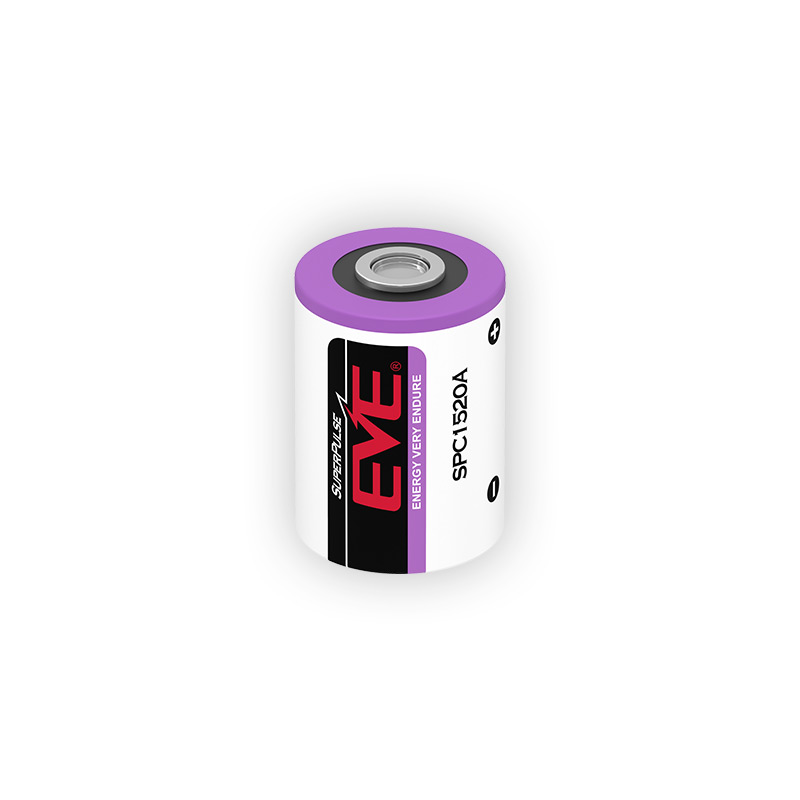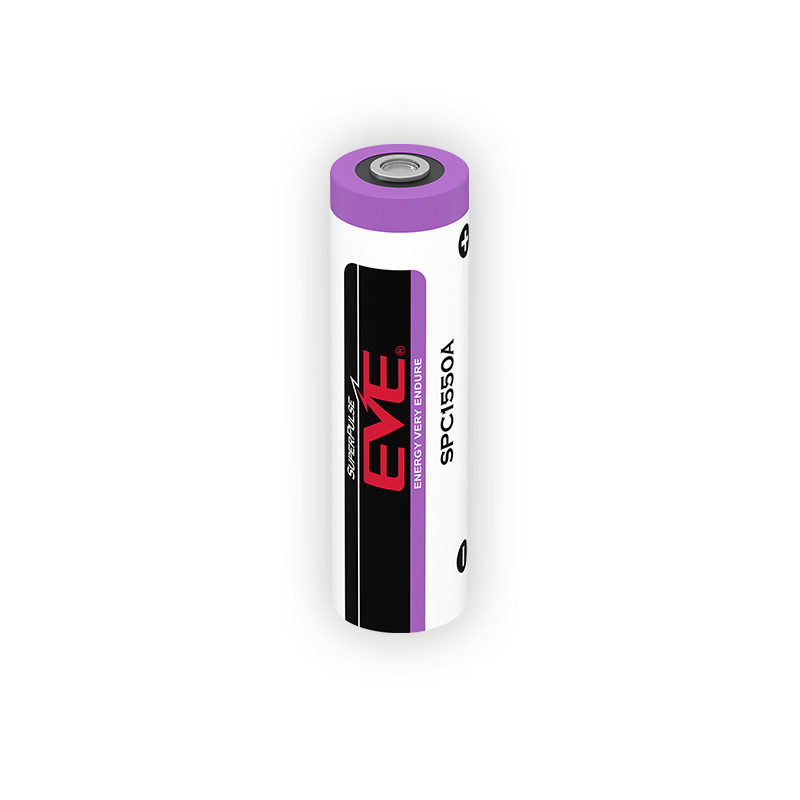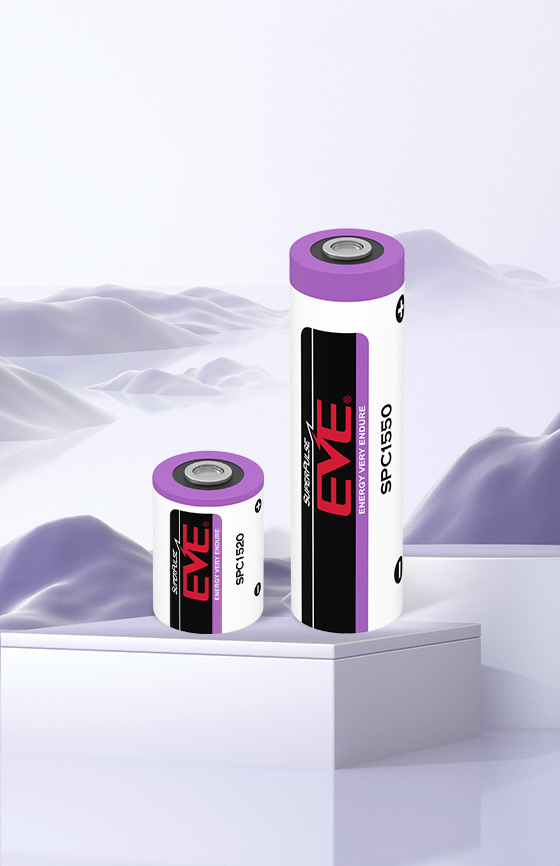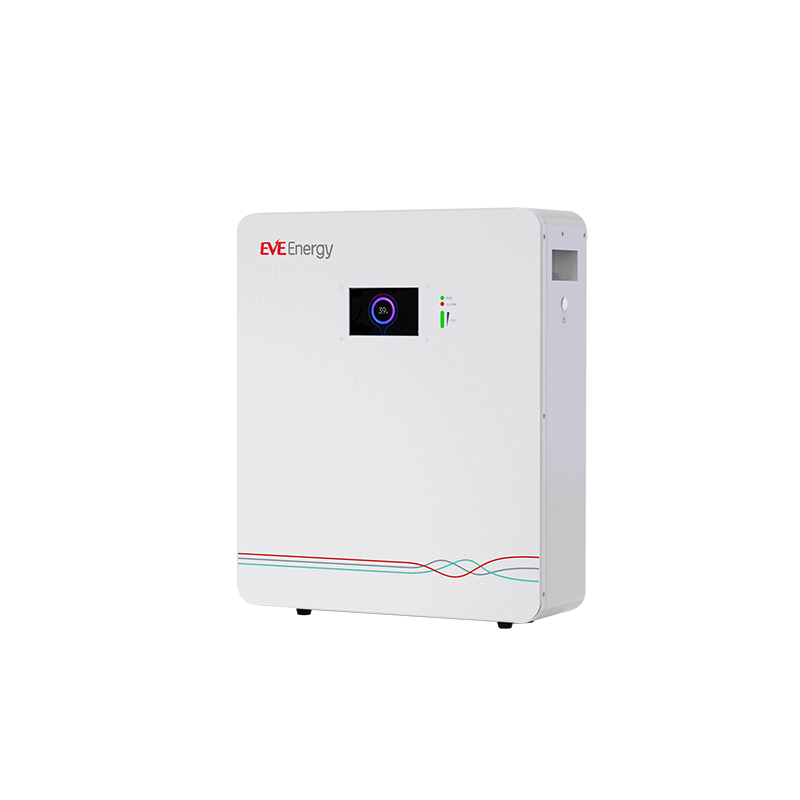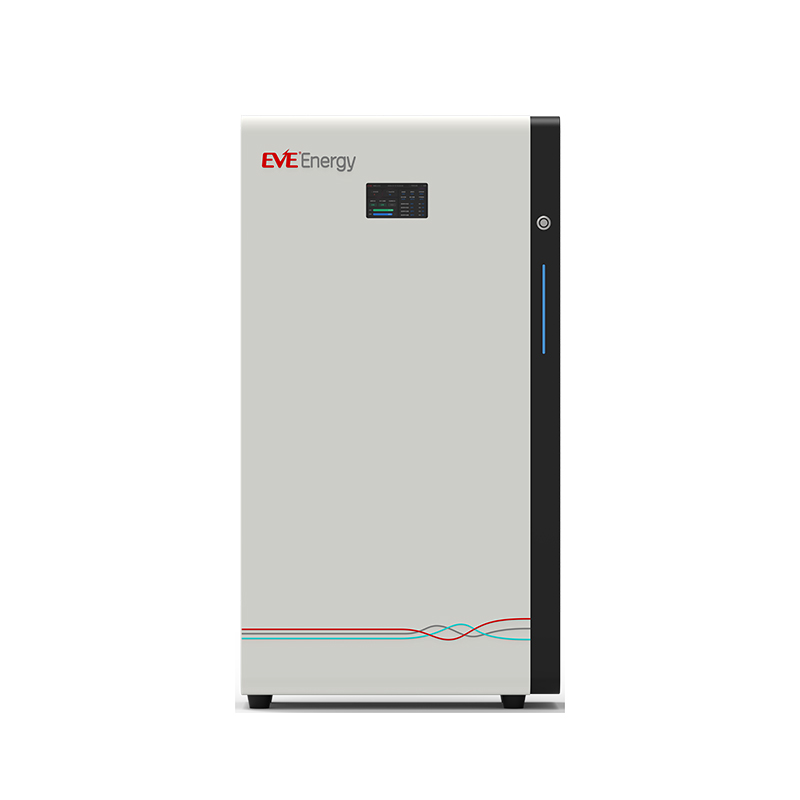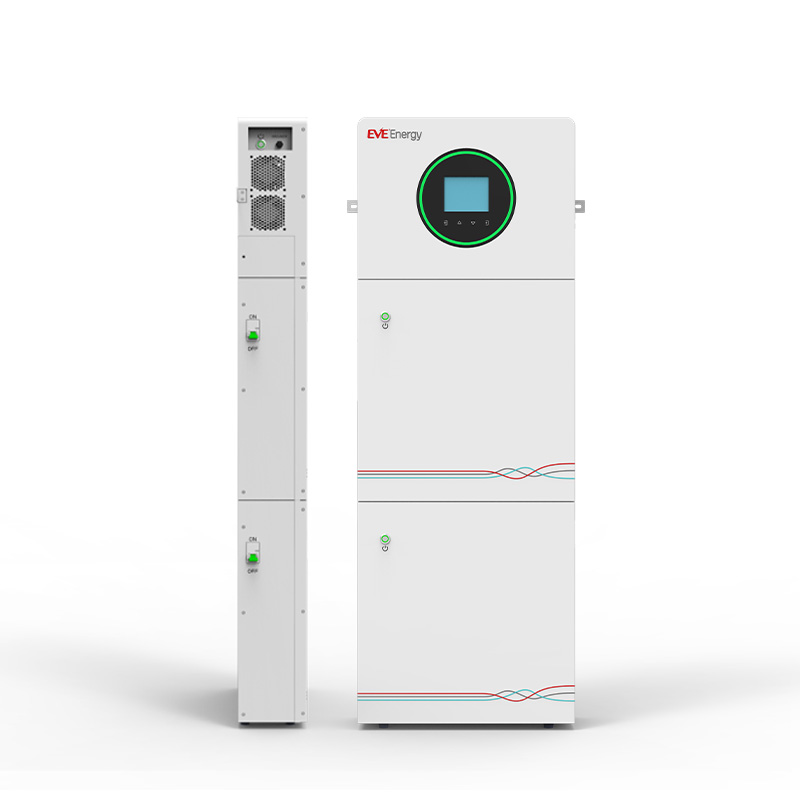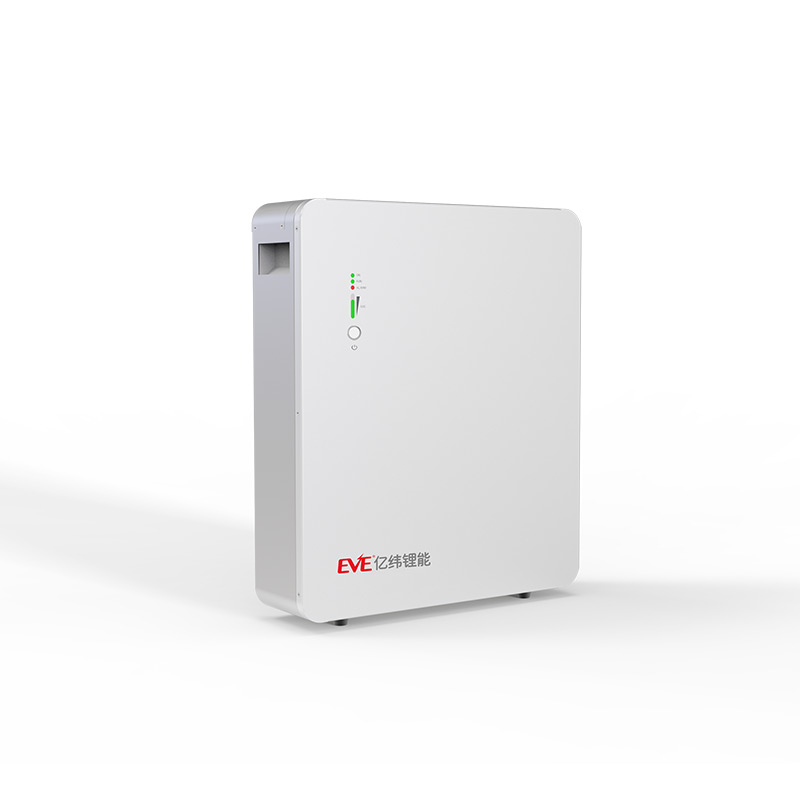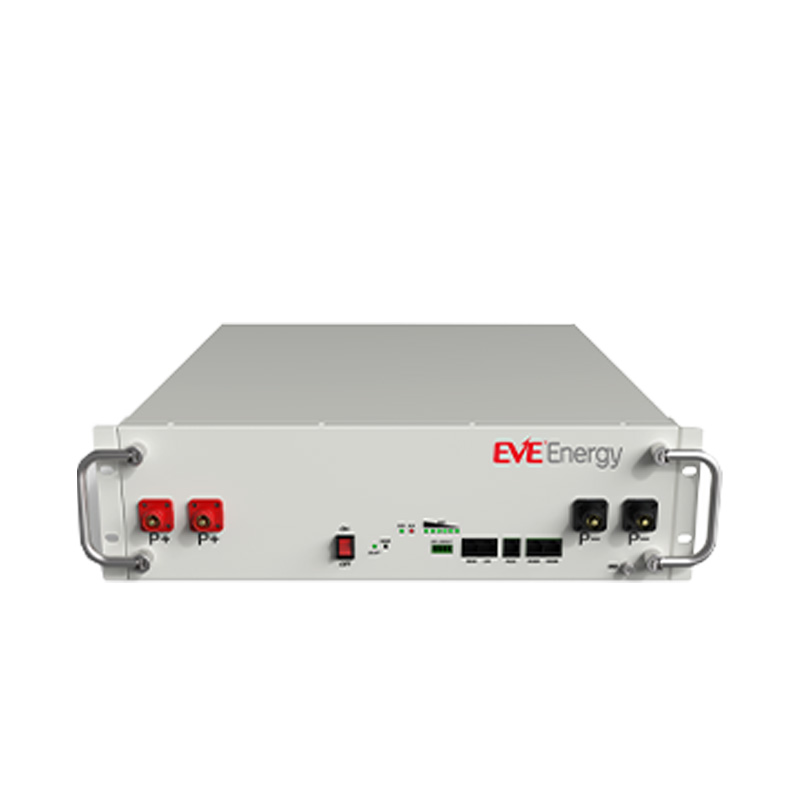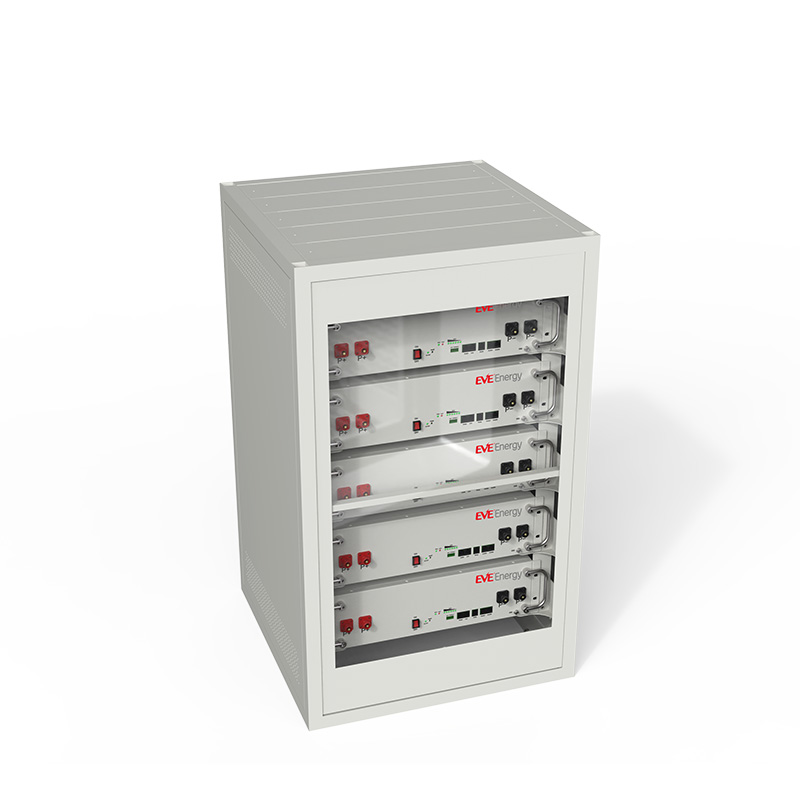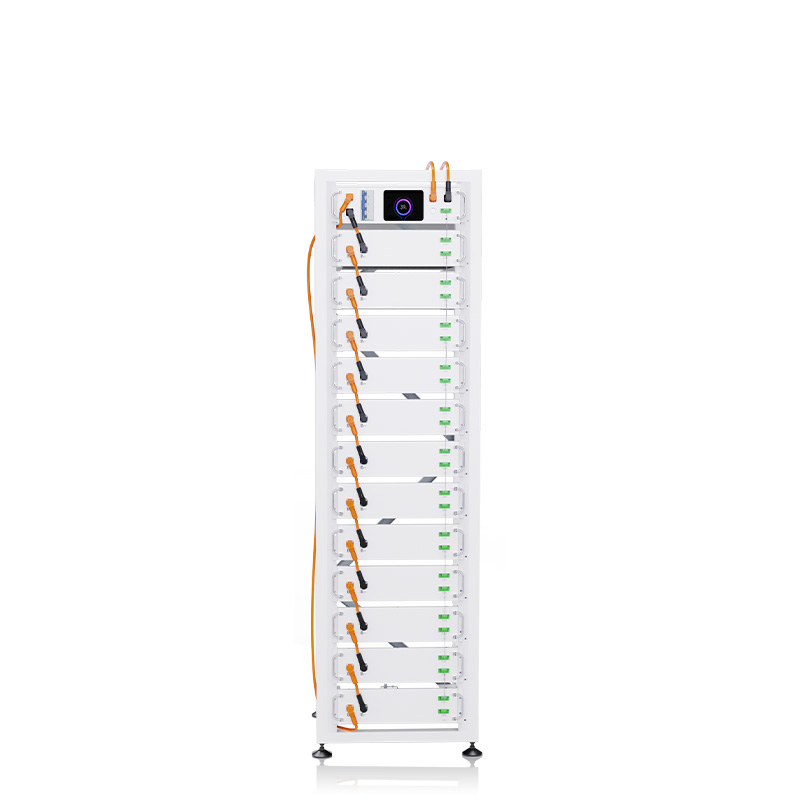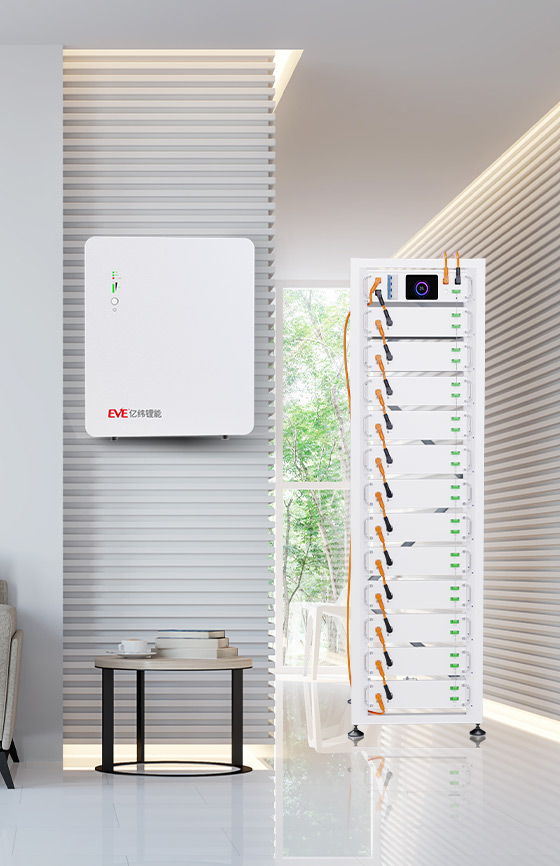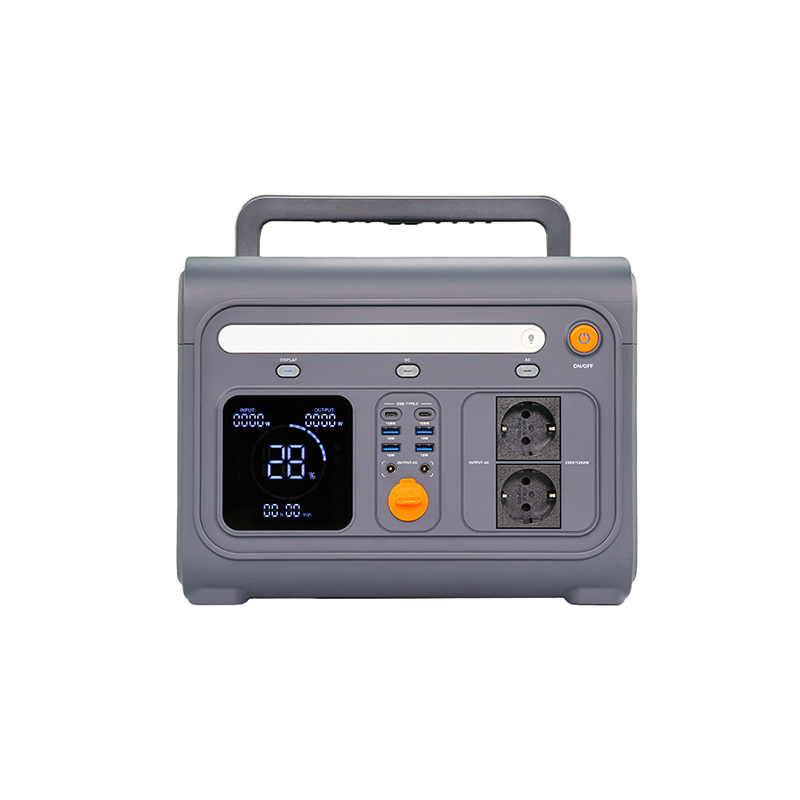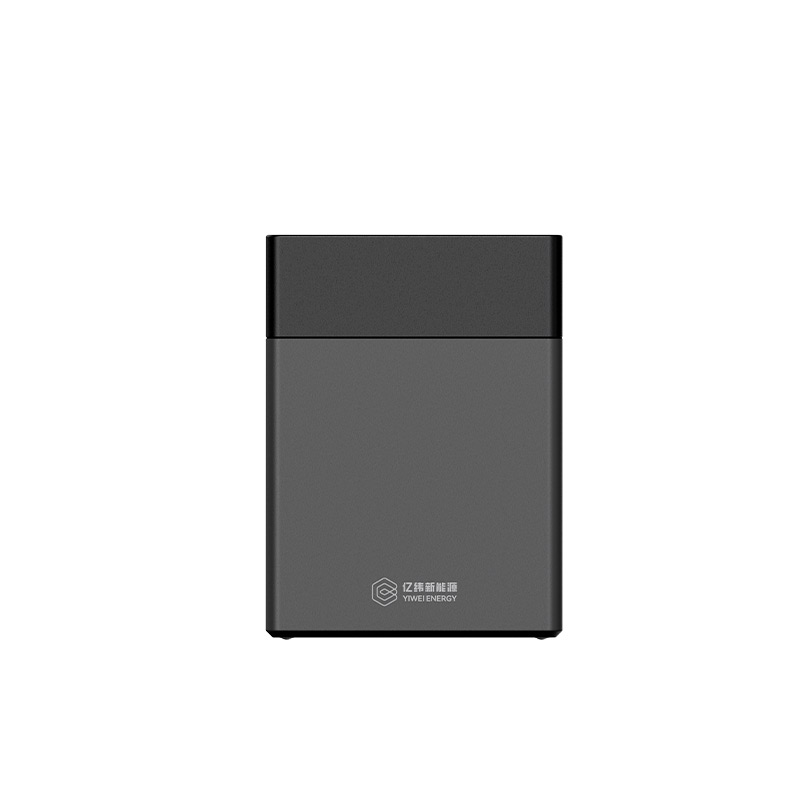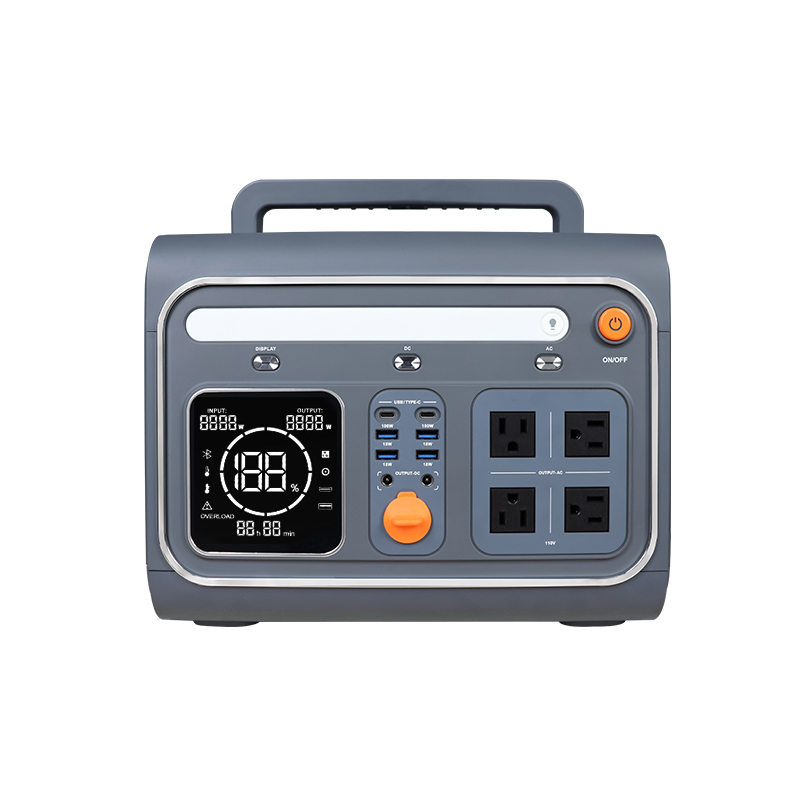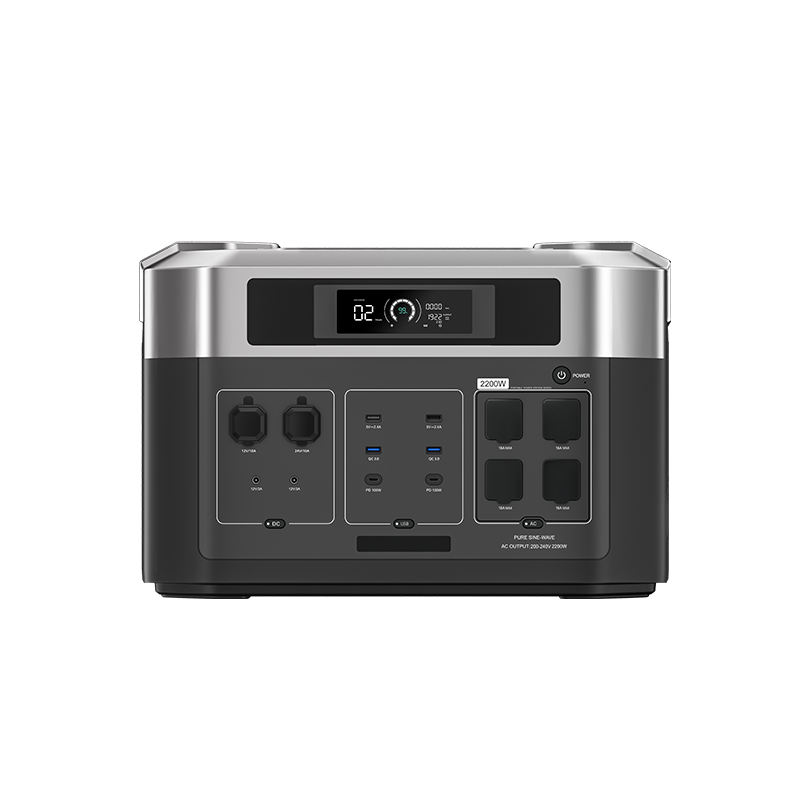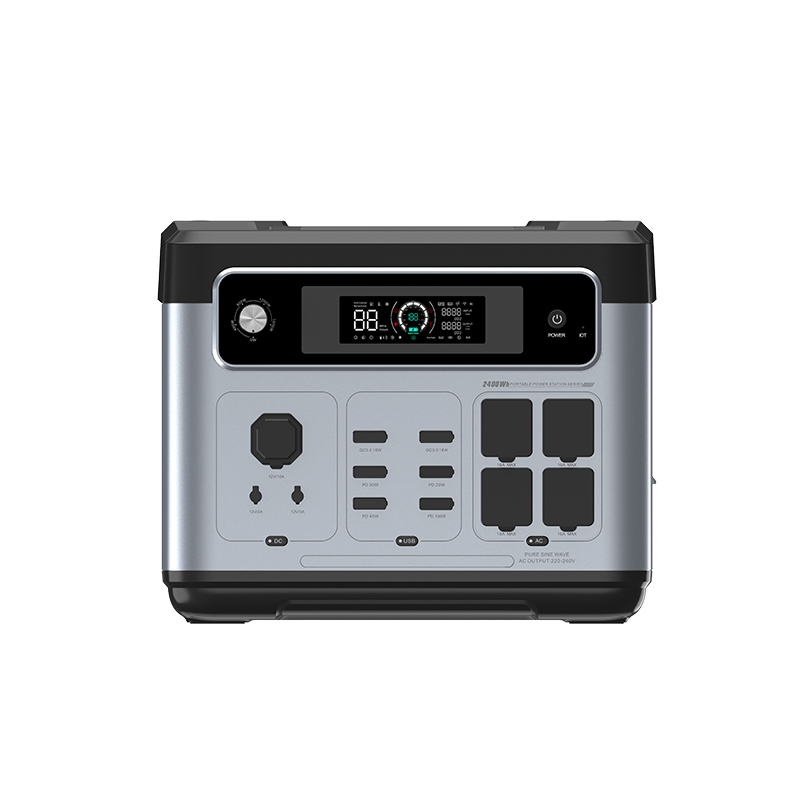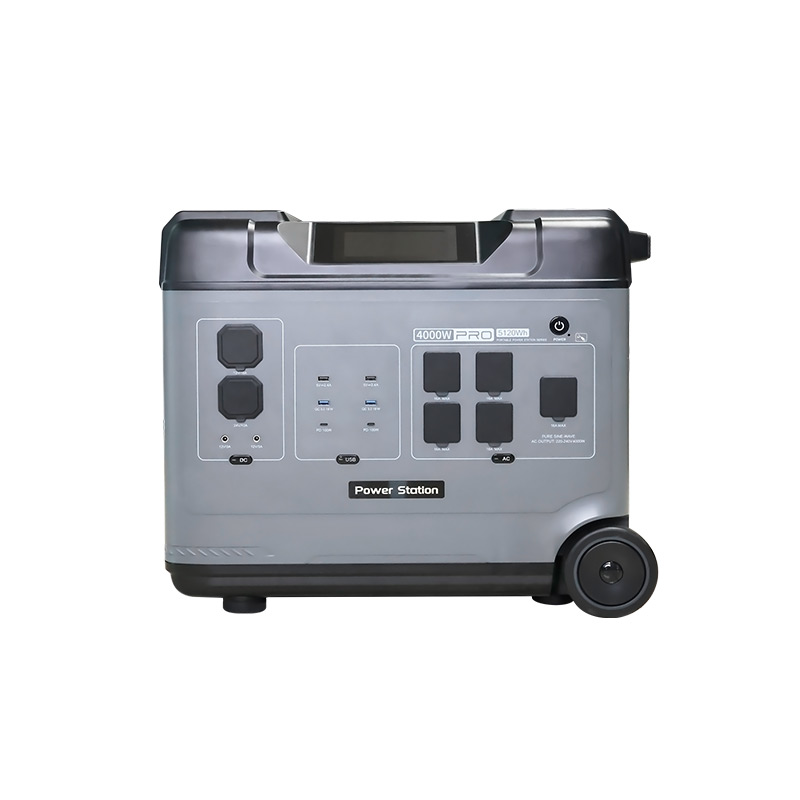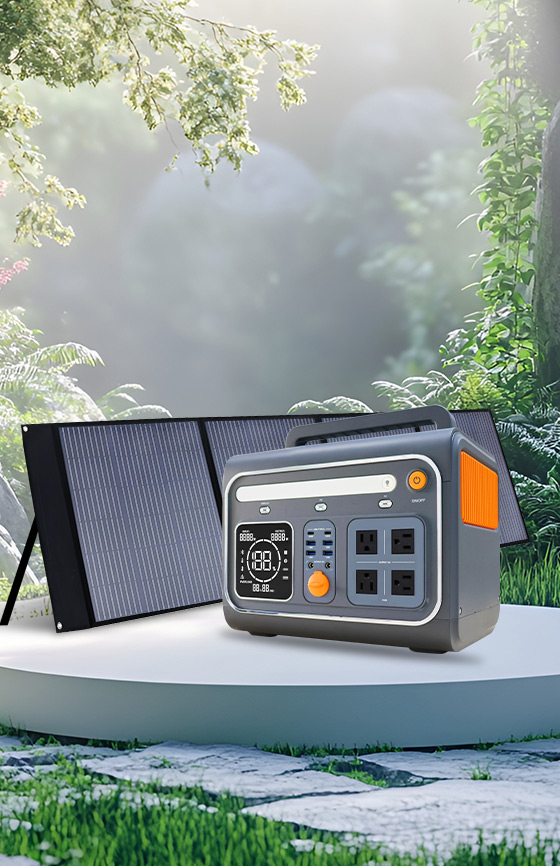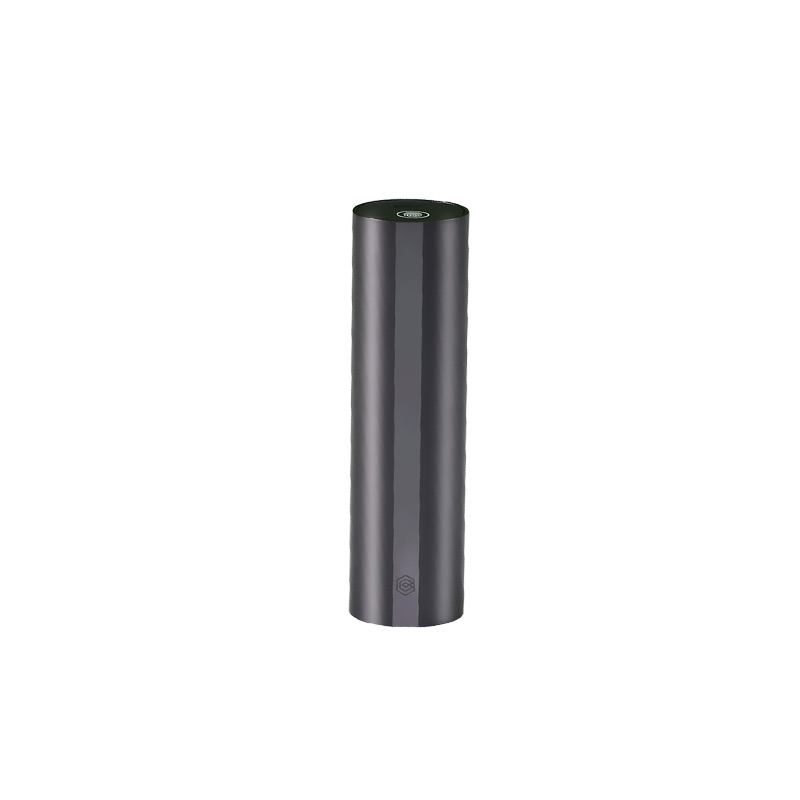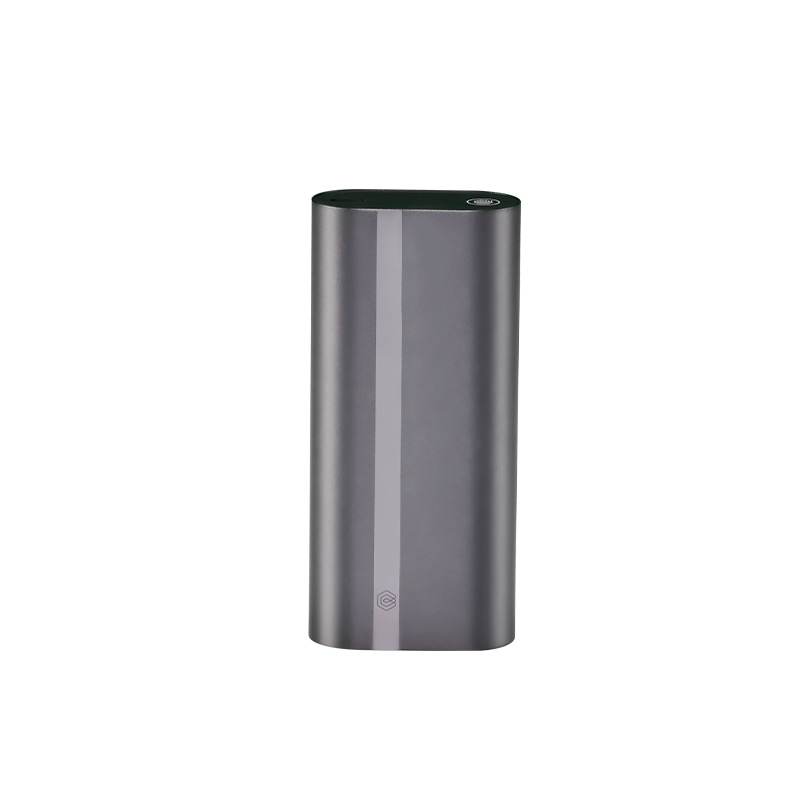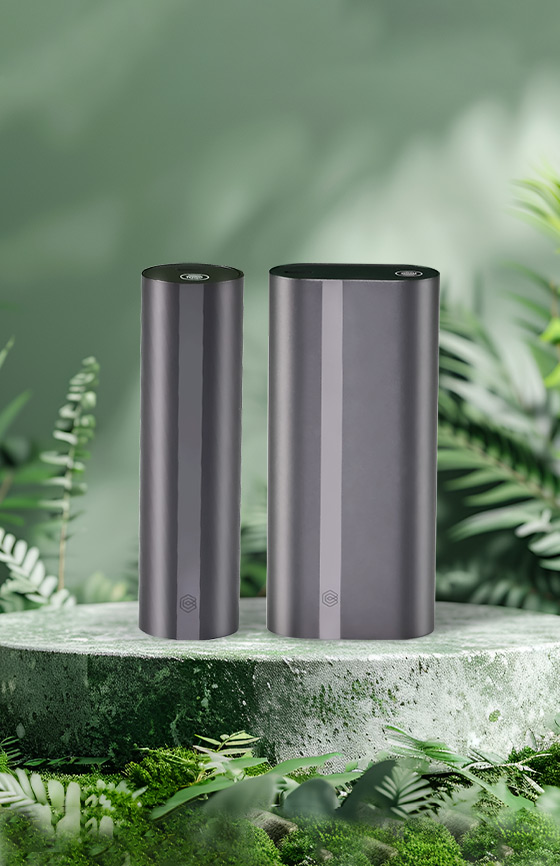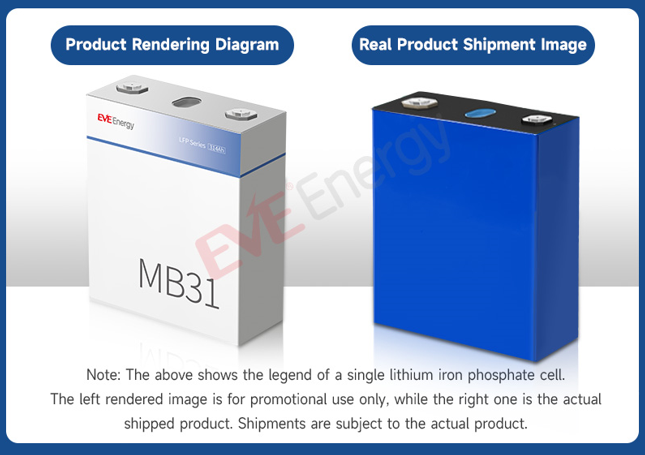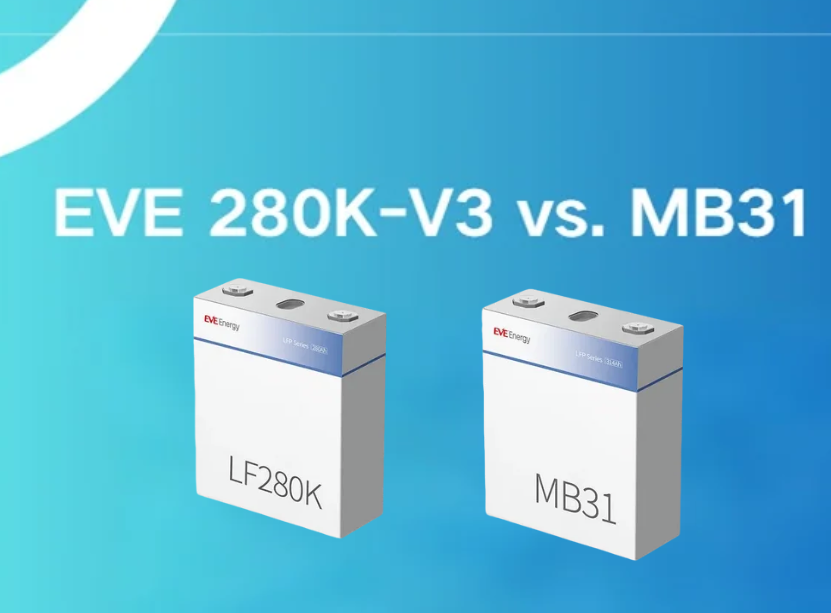What Battery Is Best for Electric Vehicles?
2025.10.23
The battery is a primary component of every electric vehicle, as it determines how far a car travels on a single charge, how quickly it accelerates, and how efficiently it performs over time.
While there is no single "best" battery, as each option involves trade-offs, lithium-ion technology currently leads the market. It strikes a balance between energy density, lifespan, and cost, making it the preferred choice for most EVs today.
This article will help you compare different battery types for EVs so that you can choose the best battery for electric vehicles according to your specific needs.

Best Battery for Electric Vehicles and EVE's Expertise
Selecting the best battery for electric vehicle involves balancing factors like energy density, safety, cost, and longevity. Two prominent chemistries currently leading the market are Lithium Nickel Manganese Cobalt Oxide (abbreviated NMC or NCM) and Lithium Iron Phosphate (abbreviated LFP). Here is a quick look at both of them:
1. Lithium Nickel Manganese Cobalt Oxide (NMC)
NMC batteries are best known for their high energy density, typically over 300 Wh/kg for the best versions, making them the preferred choice for long-range and high-performance vehicles. This chemistry delivers strong power output and efficient energy use, allowing EVs to travel farther on a single charge while maintaining quick acceleration.

Picture shown: EVE M21-V1.2 Prismatic Ternary Battery
One standout option in this regard is EVE's prismatic NMC cells, which are adopted by major automakers such as BMW. These battery cells are manufactured with precise engineering standards that ensure durability, stable voltage, and optimized thermal management.
2. Lithium Iron Phosphate (LFP)
LFP batteries are famous for their outstanding safety, long service life, and cost efficiency. This is one of the best EV battery technologies due to its stable chemical structure, which resists overheating and allows thousands of charge cycles with minimal capacity loss.
This is the reason these batteries are preferred for various needs such as everyday passenger EVs, buses, and commercial fleets.

Picture shown: EVE LF125H Prismatic LFP Battery
A standout product range for these battery types includes EVE's LFP cells that focus on consistent performance, durability, and sustainability. Typical cells operate around 3.2 volts, offering steady power delivery and excellent thermal stability even under demanding use.
How to Measure the Best Battery for Electric Vehicles
Choosing the best battery for electric vehicle involves evaluating multiple key factors that determine its performance, cost, and longevity. Here are the top factors to consider:
1. Energy Density
The higher the energy density, the more power the battery can deliver without adding significant weight. This not only extends the vehicle's range and reduces charging frequency but also minimizes the space the battery occupies, allowing manufacturers to design sleeker and more efficient vehicles.
2. Cycle Life
Cycle life is generally defined as the number of charge and discharge cycles a battery can undergo before its capacity falls to a certain percentage of its initial capacity (such as 80%). A battery with a longer cycle life provides more years of reliable service, which lowers overall maintenance costs and delays the need for replacement.
3. Safety/Thermal Stability
Safety considerations are critical when selecting a battery for electric vehicles. Thermal stability indicates how well a battery can perform at high temperatures without risk of overheating or failure. Batteries with better thermal stability, such as Lithium Iron Phosphate (LFP), offer a higher level of safety by being less prone to fire or thermal runaway, which can otherwise pose significant risks.
4. Cost
While higher-performing batteries like NMC (Nickel Manganese Cobalt) provide superior energy density, they come at a premium price. Cost-effective alternatives like LFP, while offering lower energy density, can still provide reliable performance at a more affordable price.
5. Sustainability/Materials
The sustainability of a battery depends largely on the materials used in its construction and how easily those materials can be sourced and recycled. Batteries made from abundant, eco-friendly materials, such as LFP, are more sustainable compared to those relying on rare and environmentally harmful resources like cobalt. As the EV market grows, it is essential to prioritize battery chemistries that are both effective and less damaging to the environment.
The Future of EV Battery Technology
The next generation of EV batteries aims to push beyond the limits of current lithium-ion designs. Two key emerging technologies include Solid-State Batteries (SSBs) and Sodium-Ion Batteries (Na-ion). Let's have a quick look at both of them:
1. Solid-State Batteries (SSBs)
Using solid electrolytes instead of liquid ones, SSBs offer higher energy density, faster charging, and superior safety. EVE Energy has extensive experience developing these batteries, bringing solid-state solutions that promise longer life and greater stability for future electric vehicles.
2. Sodium-Ion Batteries (Na-ion)
Na-ion batteries use abundant sodium instead of lithium, making them more sustainable and cost-effective. Though their energy density is lower, they perform well in cold climates and provide a promising pathway for affordable EVs and large-scale energy storage.
How EVE Offers the Best Electric Vehicle Batteries on the Market
EVE Energy is recognized for its advanced research, precise manufacturing, and strict quality control. Every stage of production is supported by automation and intelligent systems that ensure uniform performance and safety across all battery types.
Our power battery portfolio includes prismatic LFP and prismatic NMC batteries, which are widely adopted by vehicle manufacturers like GAC Aion, XPENG, and BMW.
Each battery is designed for long cycle life, high consistency, and environmental compliance, achieved through optimized materials, stable structure, and advanced safety features such as explosion-proof designs and thermal protection layers.
EVE's environmental management standards and certifications further ensure that we manufacture the best electric vehicle batteries with minimal environmental impact.
Wrapping Up
EVE leads the way in NMC and LFP car batteries with a full range of mature technologies and products. Looking forward, we are innovating advanced battery technologies like solid-state batteries, prioritizing low-carbon production, and aiming to deliver the best batteries for electric vehicles.
With a global presence, EVE is committed to advancing clean energy around the world. For more, you can get in touch with us by clicking here!




